
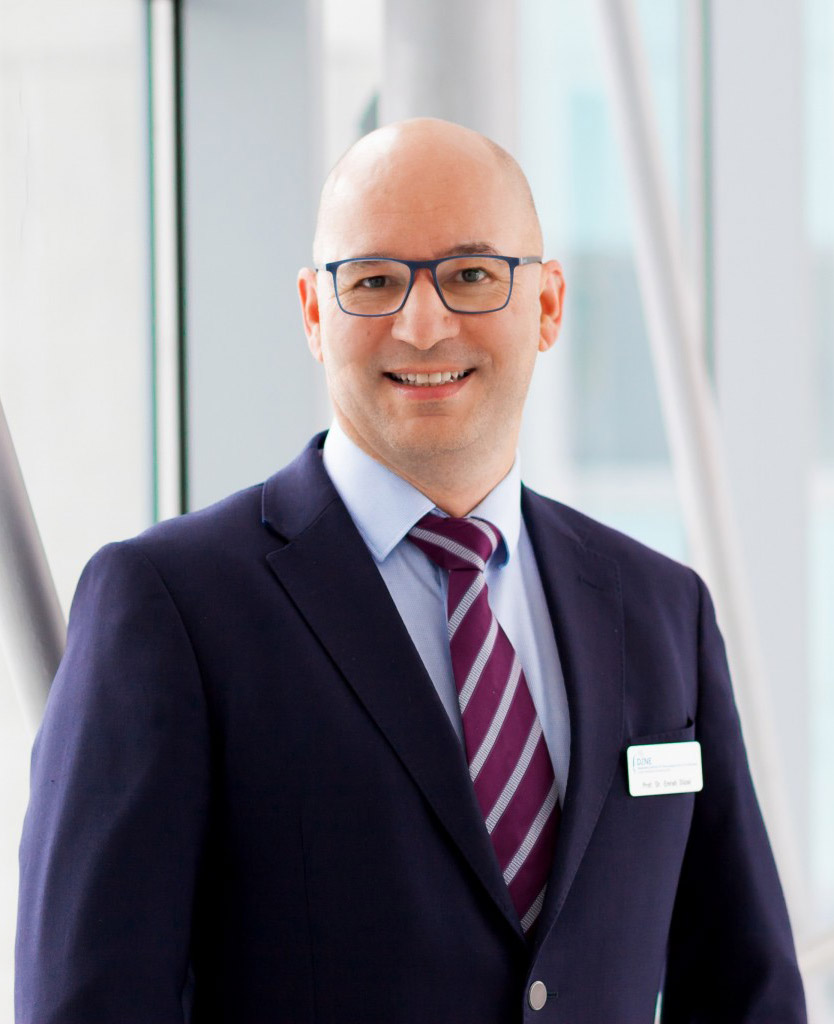
“Welcome to our CRC 1436. The adaptability of the brain to increased mental demands is still poorly understood. To address this important issue, our CRC 1436 unites researchers from medicine, biology, psychology, physics and computer science to work together towards exciting projects aims. We use innovative technologies, some of which are only available in Magdeburg, to find out how the cognitive potential of the brain can be mobilized and enhanced – both in health and in disease states. “
Prof. Dr. med. Emrah Düzel
Spokesperson
“The really important questions of neuroscience can only be addressed in an interdisciplinary way. This CRC poses such a question and has all the prerequisites to answer it.”
Prof. Dr. Michael Kreutz
Co-Spokesperson


Amy Addlesee
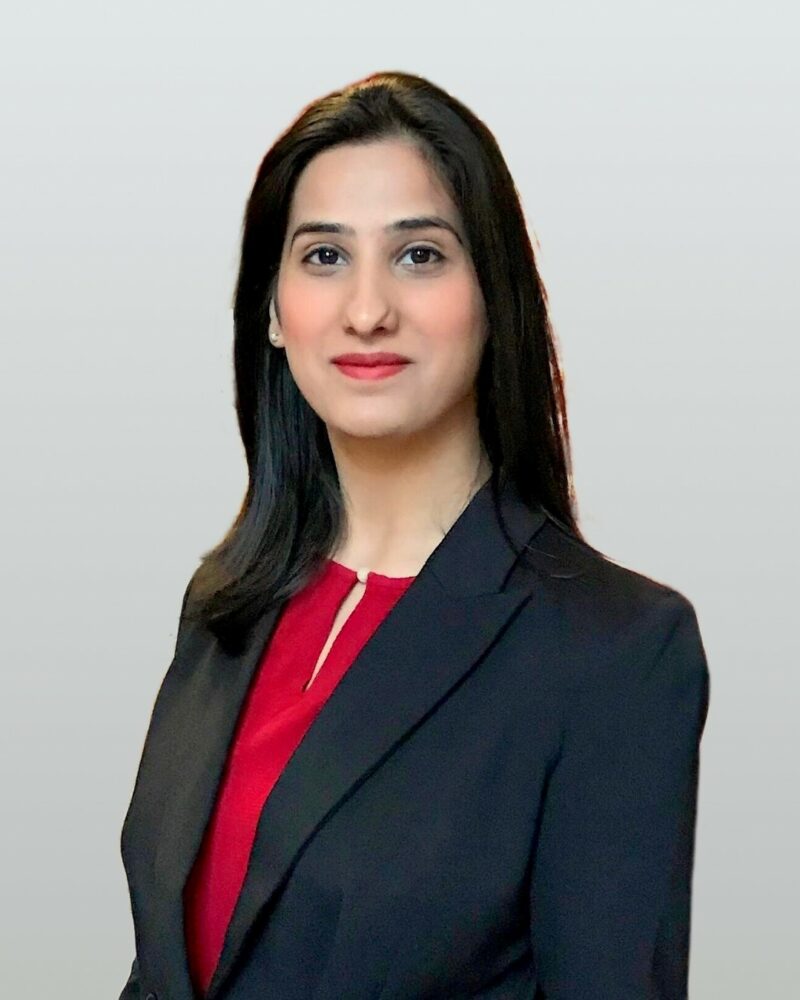
Dr. Samia Afzal

Dr. Camila Agostino

Prof. Dr. Dr. med. Anne Albrecht

Dr. Stepan Aleshin

Dr. Maria Andres-Alonso

Prof. Dr. med. Frank Angenstein

Dr. Erika Atucha

Norman Aye
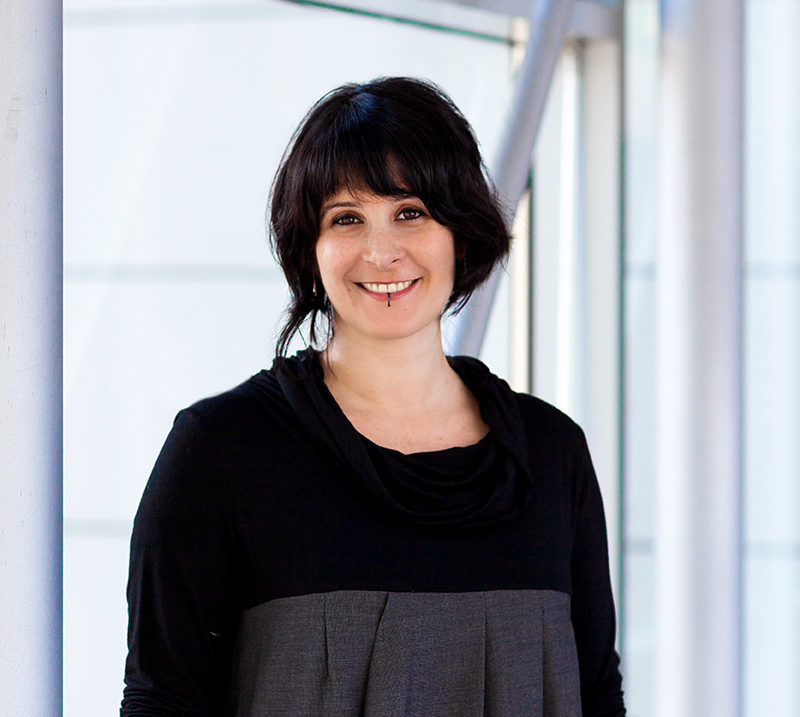
Dr. Elena Azañón

Lea Bachmann

Dr. Kathrin Baldauf

Dr. Oliver Barnstedt
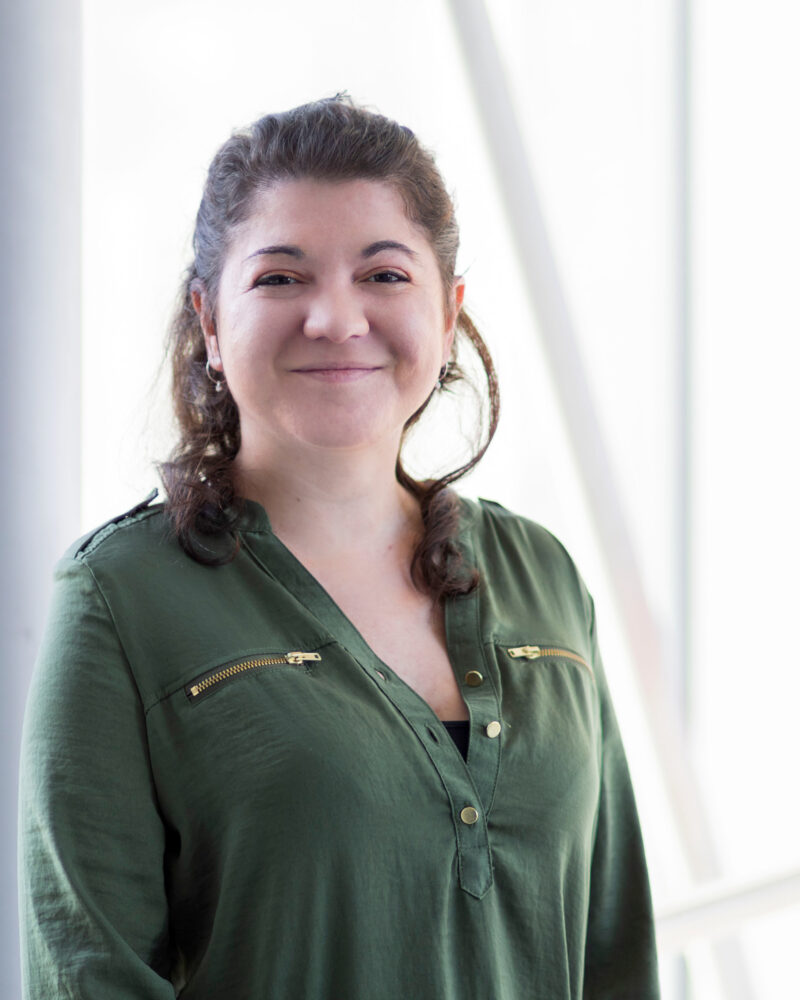
Lara Chirich Barreira

Prof. Dr. Henryk Barthel

Dr. Mandy Bartsch

Niklas Behrenbruch

Dr. David Berron

Juliette Blaquart

Alina Boden

Prof. Dr. Eike Budinger

Luca Budinger

Anna-Therese Büchel
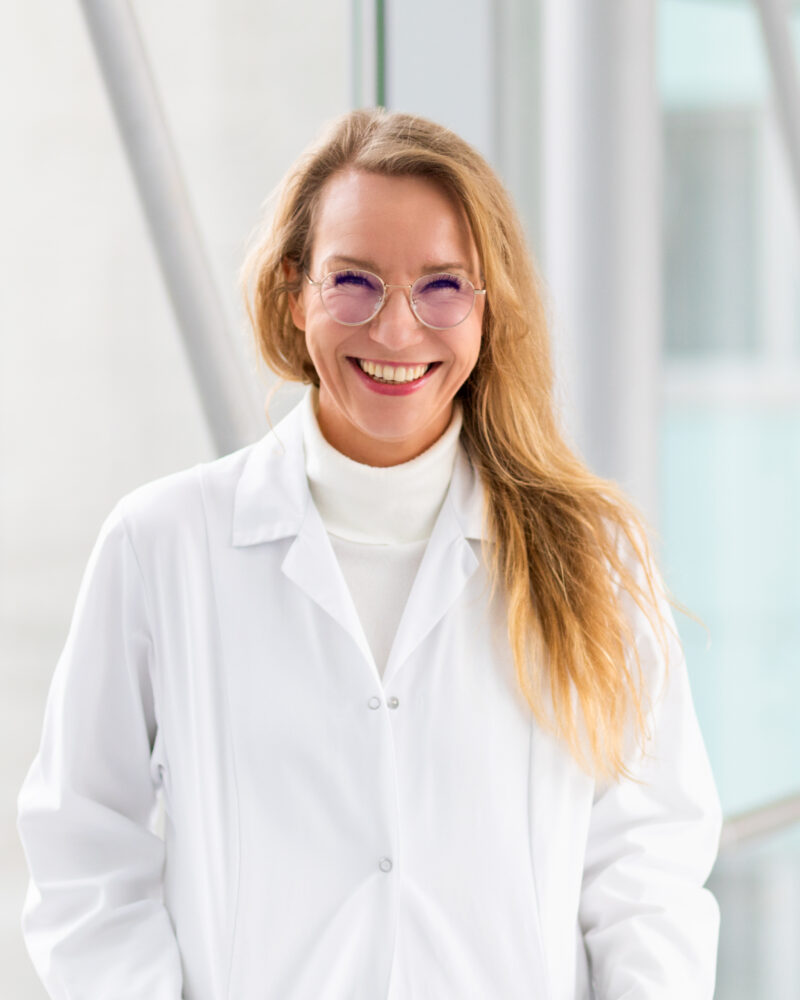
Dr. Michaela Butryn

Dr. Gürsel Caliskan

Gerard Callau Navarro

Dr. Carla Cangalaya Lira

Xinyun Che

Jiayu Chen

Prof. Dr. Radoslaw Martin Cichy

Ugur Cikrikcili

Dr. Davide Ciliberti

Dennis Dalügge
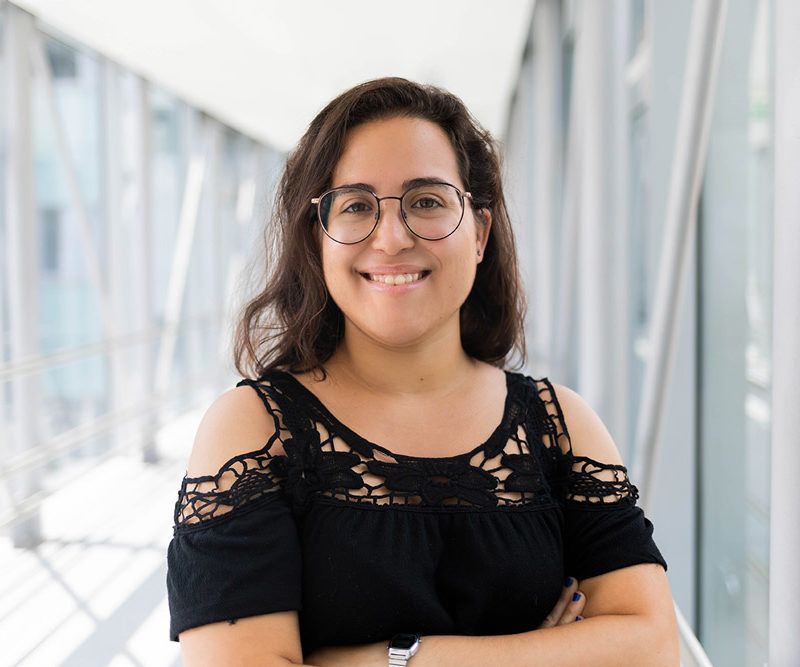
Margarita Darna

Anwesha Das

Dr. Yunus Demiray

Rojin Diako
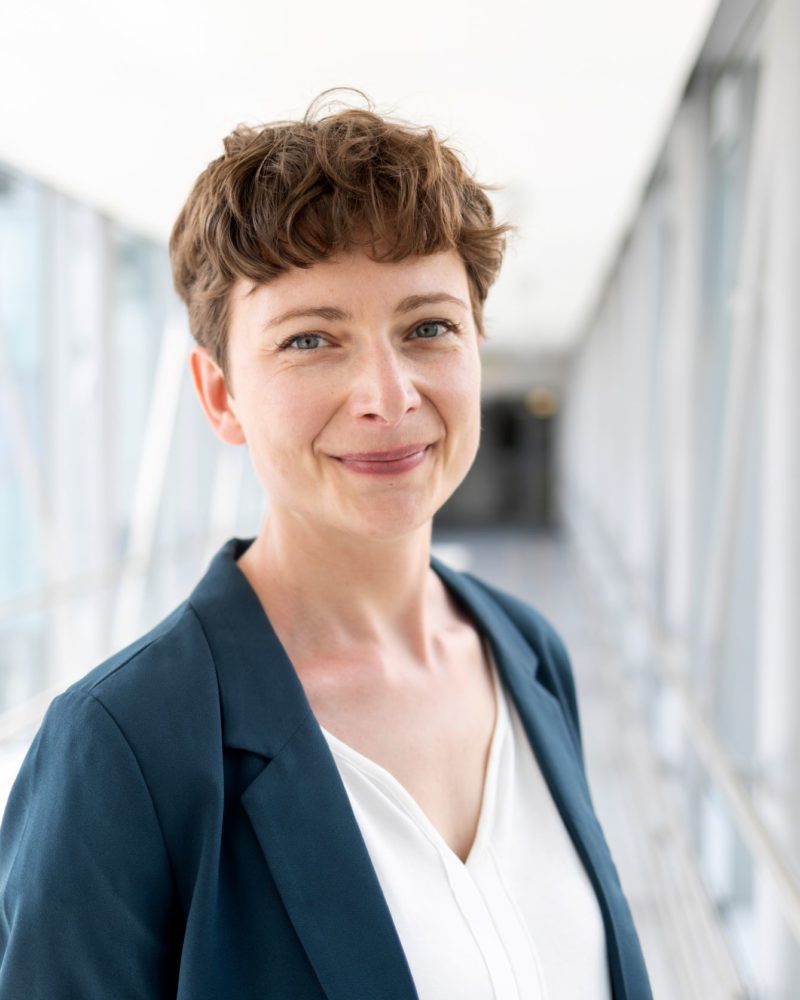
Dr. Nadine Diersch
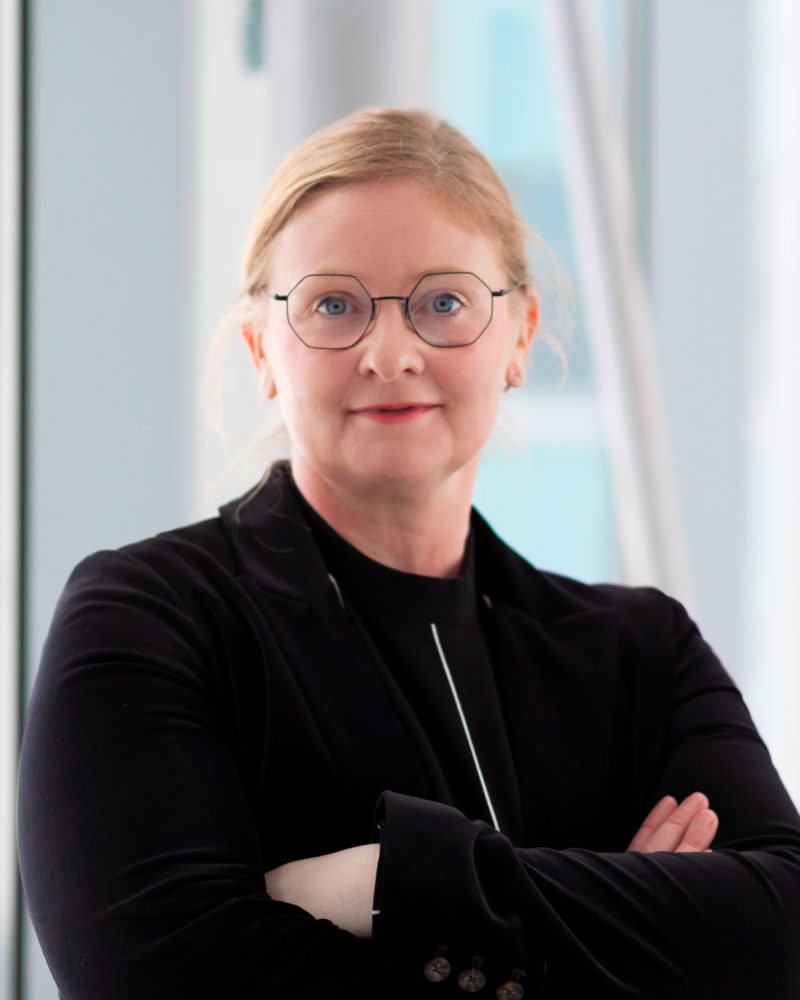
Prof. Dr. Daniela Dieterich
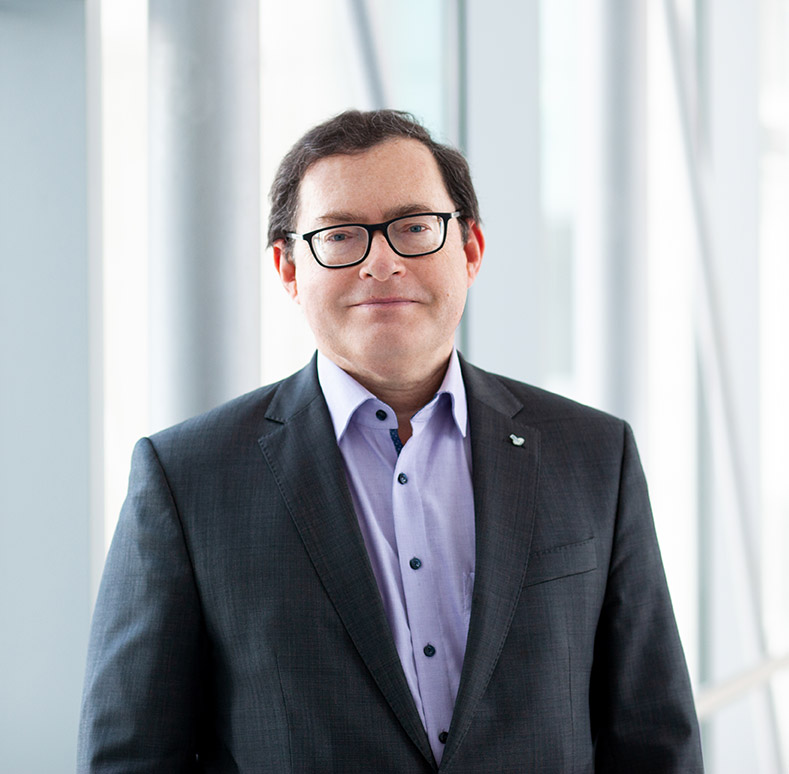
Prof. Dr. Alexander Dityatev

Bianca Dupré
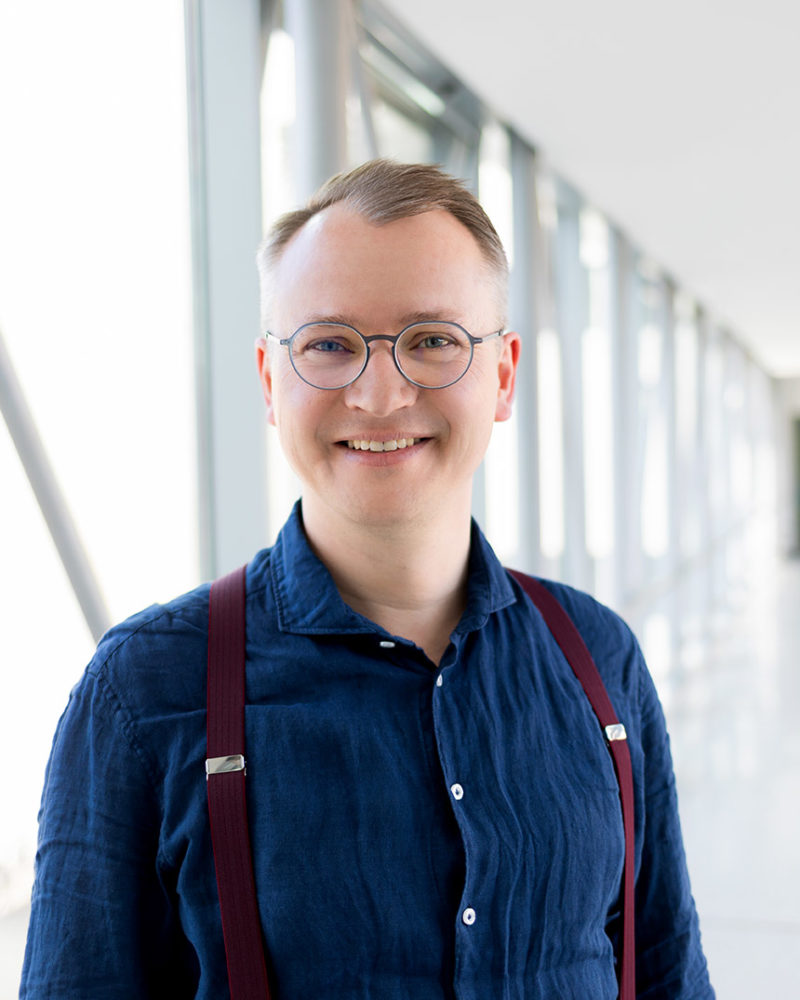
Dr. Stefan Dürschmid
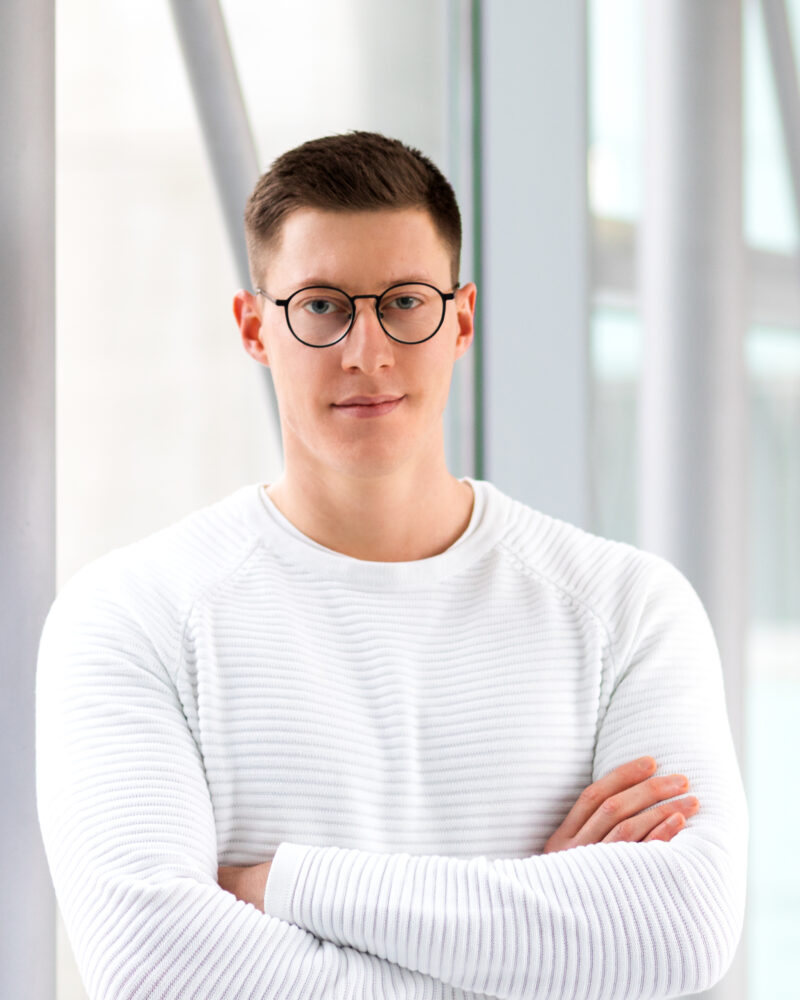
Julius Duske

Prof. Dr. med. Emrah Düzel

Susanne Dyck

Sophia Engler

Annabell Ernst
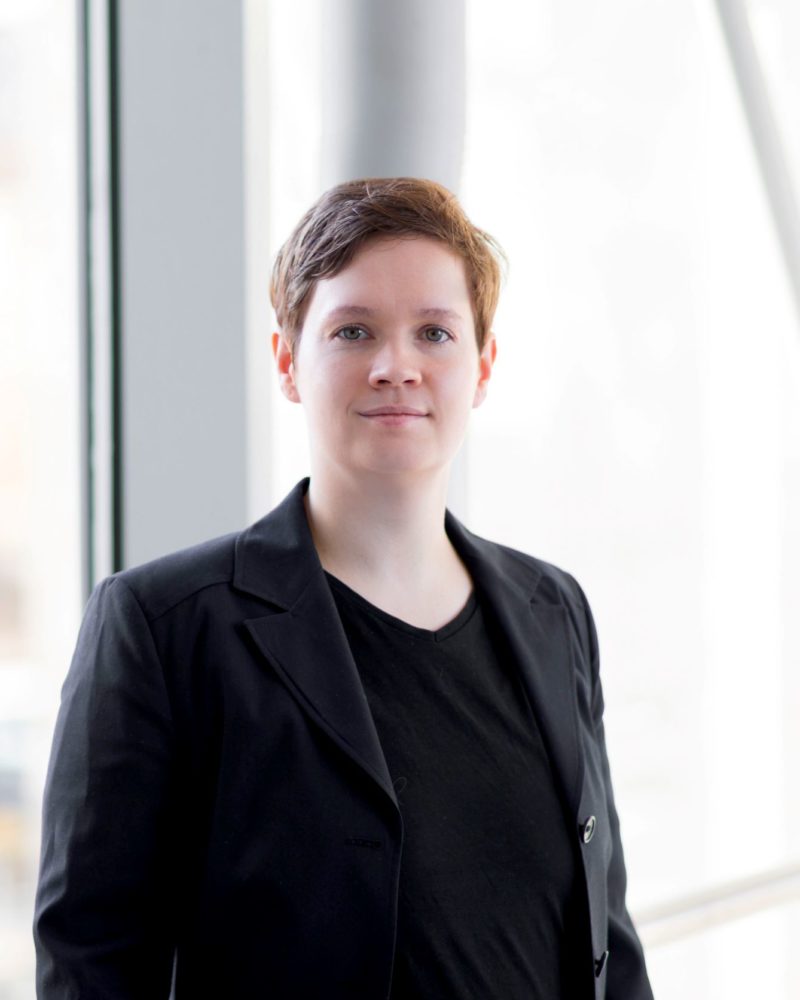
Anna-Maria Felßberg
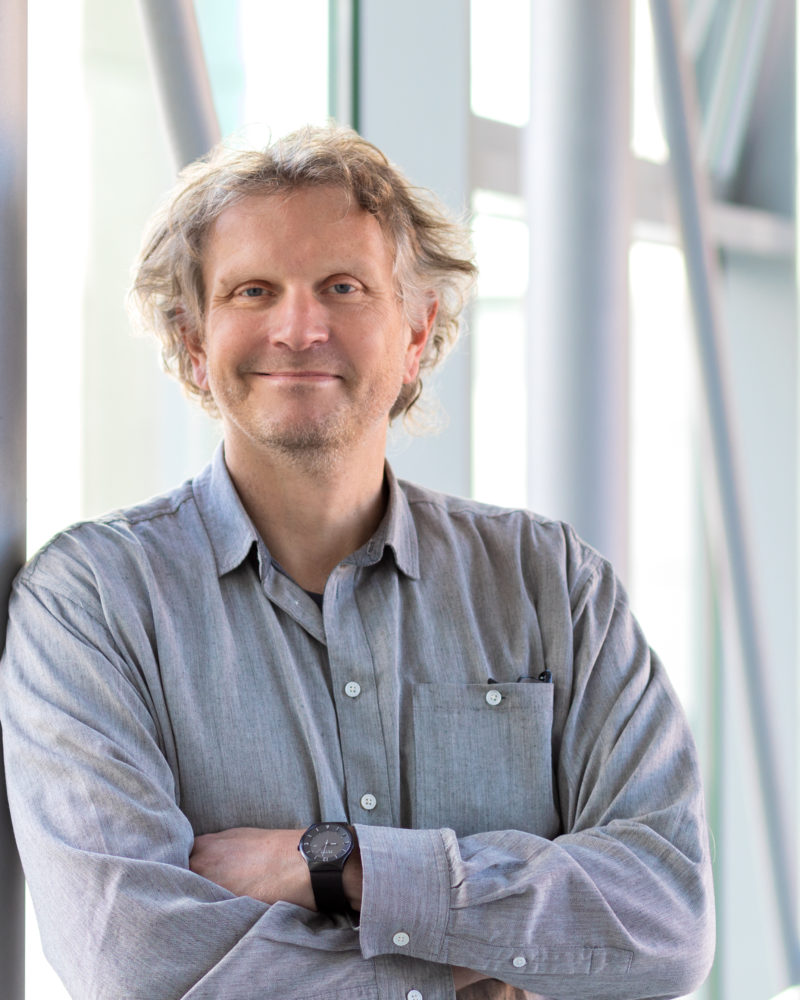
Prof. Dr. Markus Fendt

Larissa Fischer

Julia Flicke-Grubert

Erelle Fuchs

Hannah Gapp

Dr. Berta Garcia Garcia

Franziska Gareis

Dr. Wenzel Glanz

Dr. Hendrik Griep

Dr. Katarzyna Grochowska

Dr. Aliće Grünig
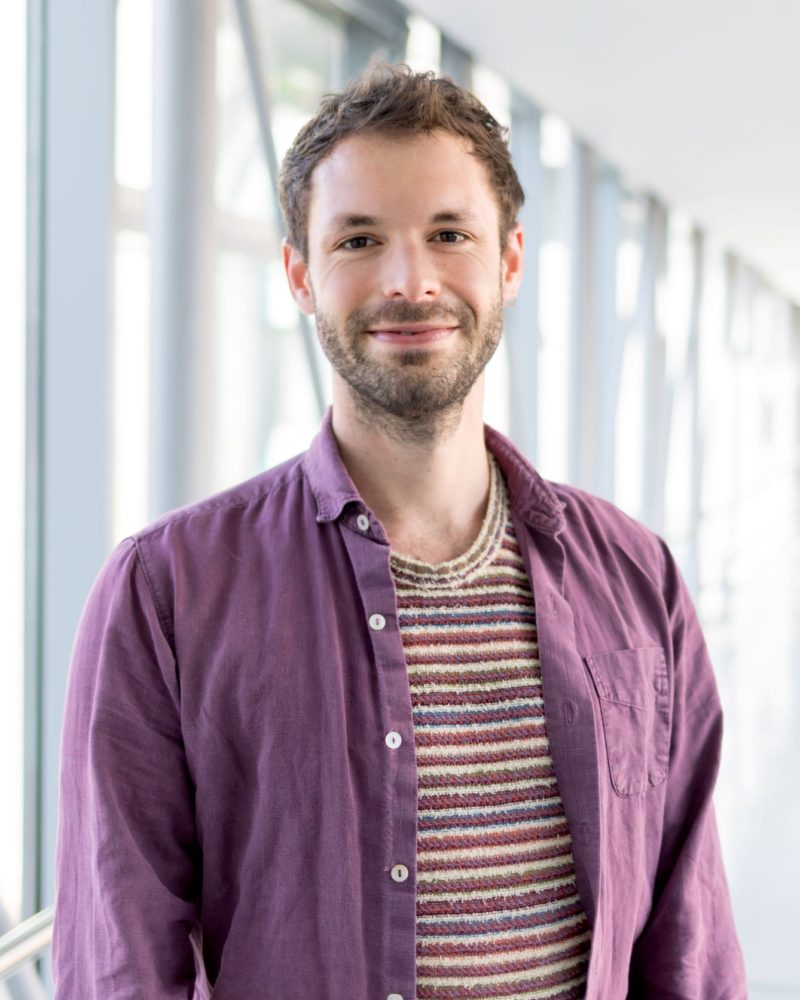
Lasse Güldener

Guruprasath Gurusamy
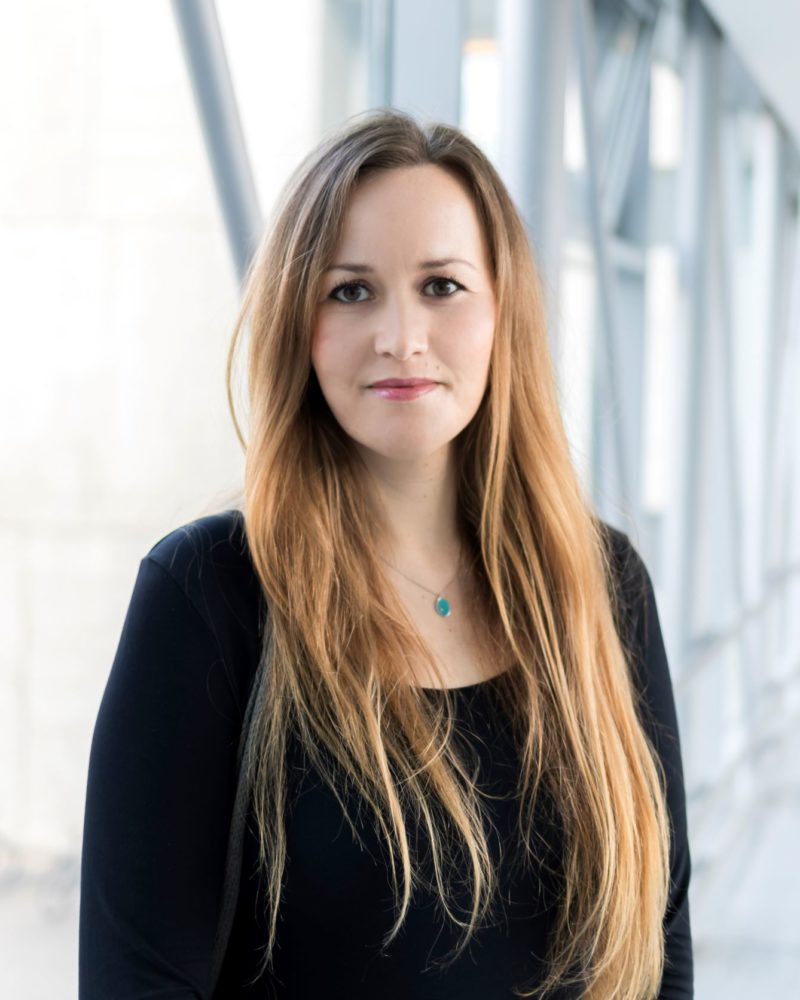
Dr. Julia Henschke

Joseph Höpker-Fernandes
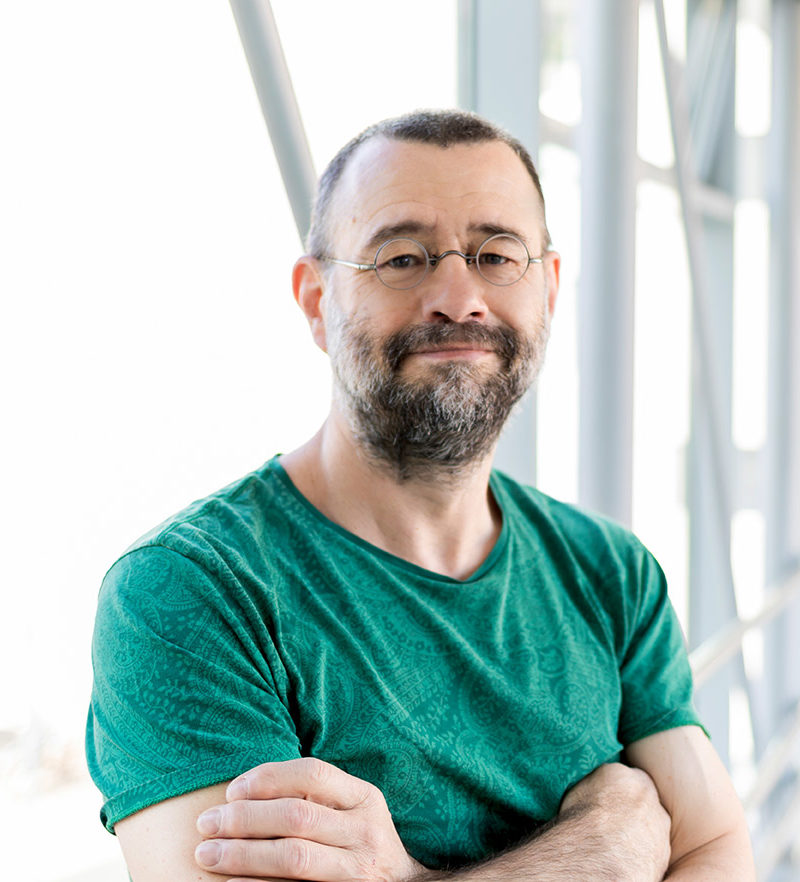
Prof. Dr. med. Jens-Max Hopf

Panagiotis Iliopoulos

Dr. Solveig Henneicke

Shaobo Jia

Dr. Hiroshi Kaneko
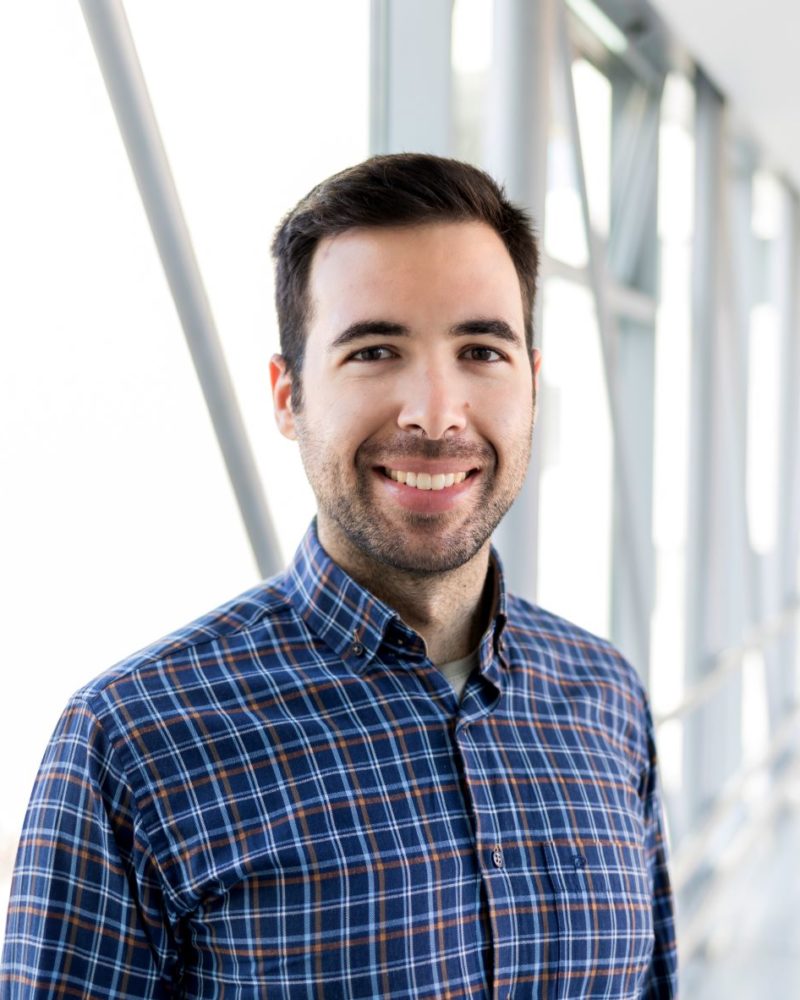
Alexandros Karagiorgis

Dr. Anna Karpova

Christoph Knoll

Patrick Kraus
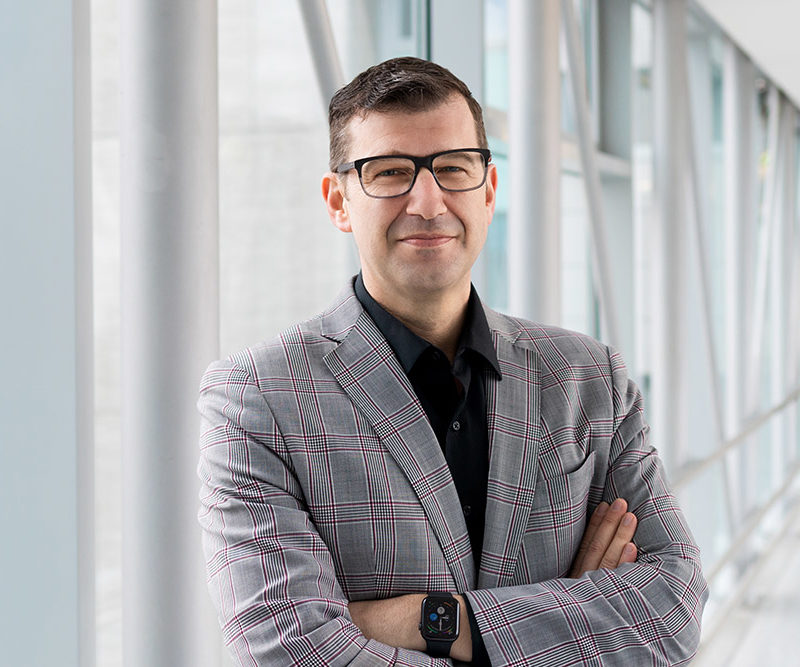
Prof. Dr. med. Michael Kreißl

Prof. Dr. Michael R. Kreutz

Prof. Dr. Kristine Krug

Felix Kuhn

Alina Kühn

Dr. Peter Landgraf
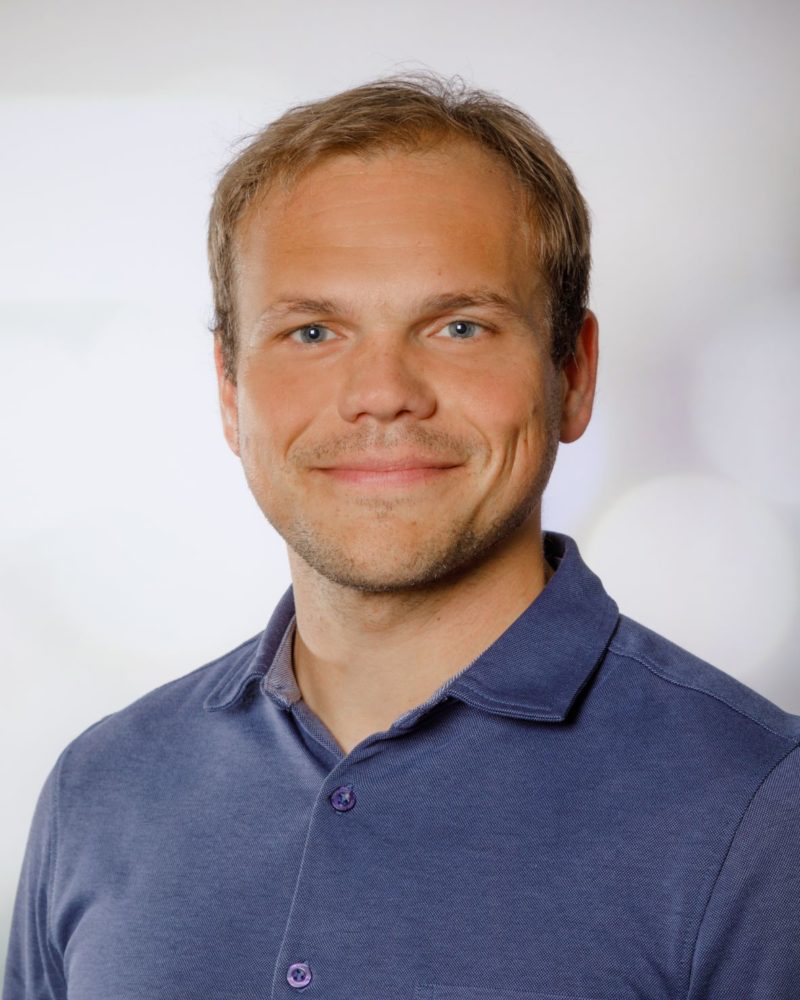
Dr. Nico Lehmann

Marina Leimann

Lilli Marie Lümkemann

Dr. Falk Lüsebrink

Prof. Dr. Anne Maass

Liv Mahnke
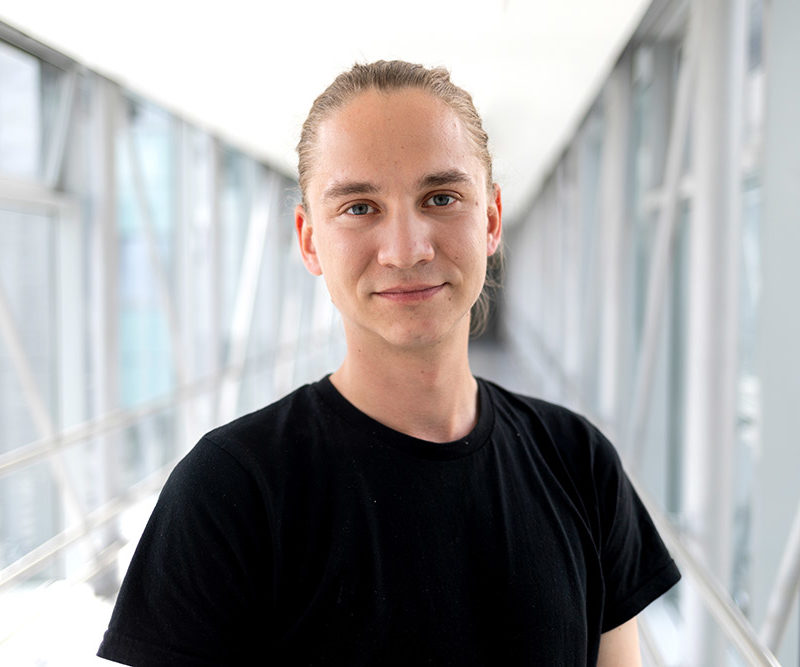
Jonas Marquardt

Linus Marquering

Martin Matke

Jun.-Prof. Dr. Hendrik Mattern
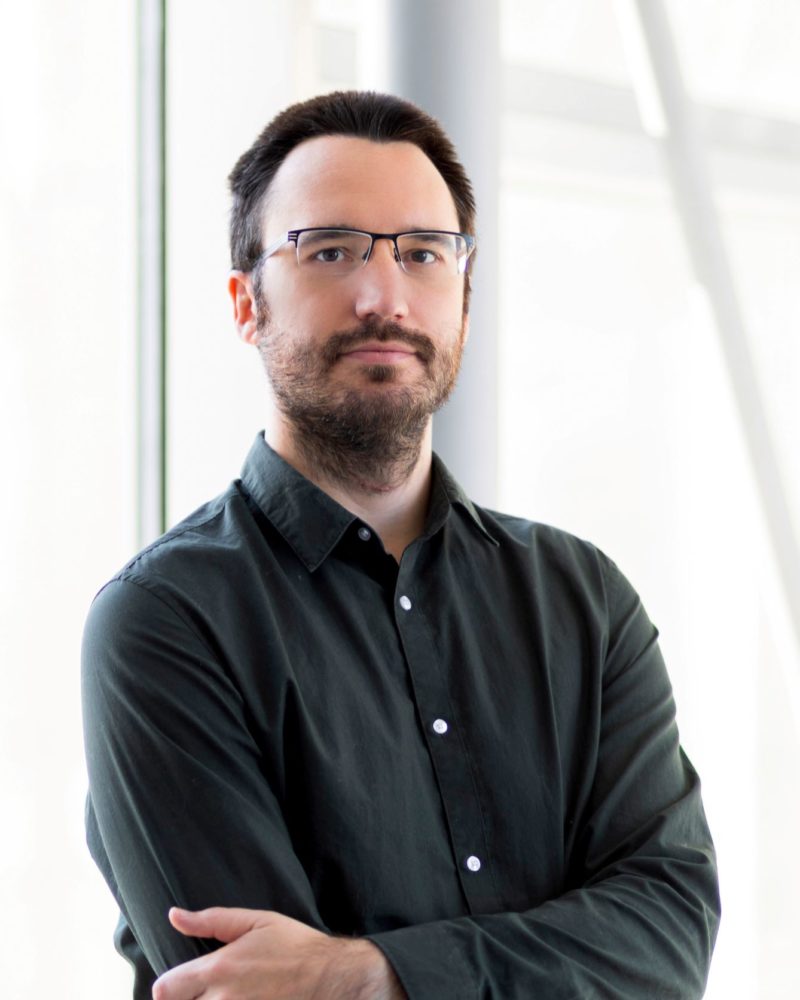
Dr. Christian Merkel

Petra Mocellin

Prof. Hannah Monyer

Dr. Anke Müller

Patrick Müller

Dr. Loris Naspi

Laleh Rezaee Nazifi

Dr. Katja Neumann

Prof. Dr. Thomas Nickl-Jockschat

Prof. Dr. Toemme Noesselt

Cindy Marquez Nossa
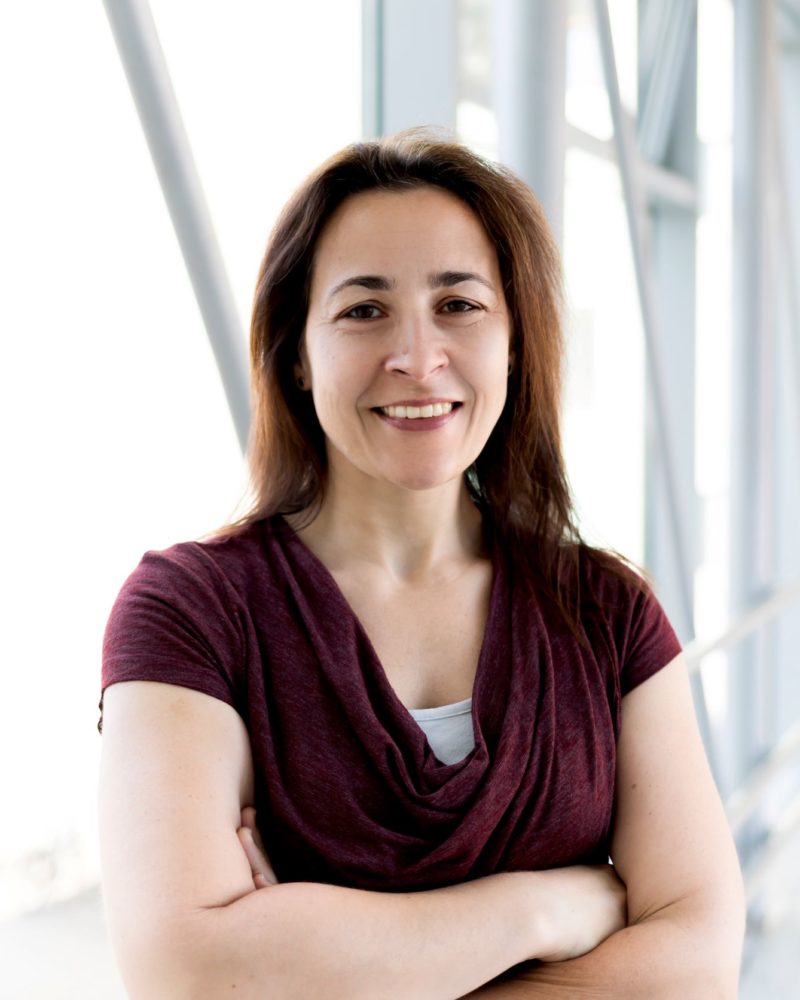
Dr. Anja Oelschlegel

Halla Mulla Osman

Prof. Dr. Janelle Pakan

Manoj Pandiri

Ulrike Pankratz

Prof. Dr. Andrew Parker

Jingjie Peng

Dr. Anne Petzold

Maxime Picard

Dr. Rainer Pielot

Julia Poppke
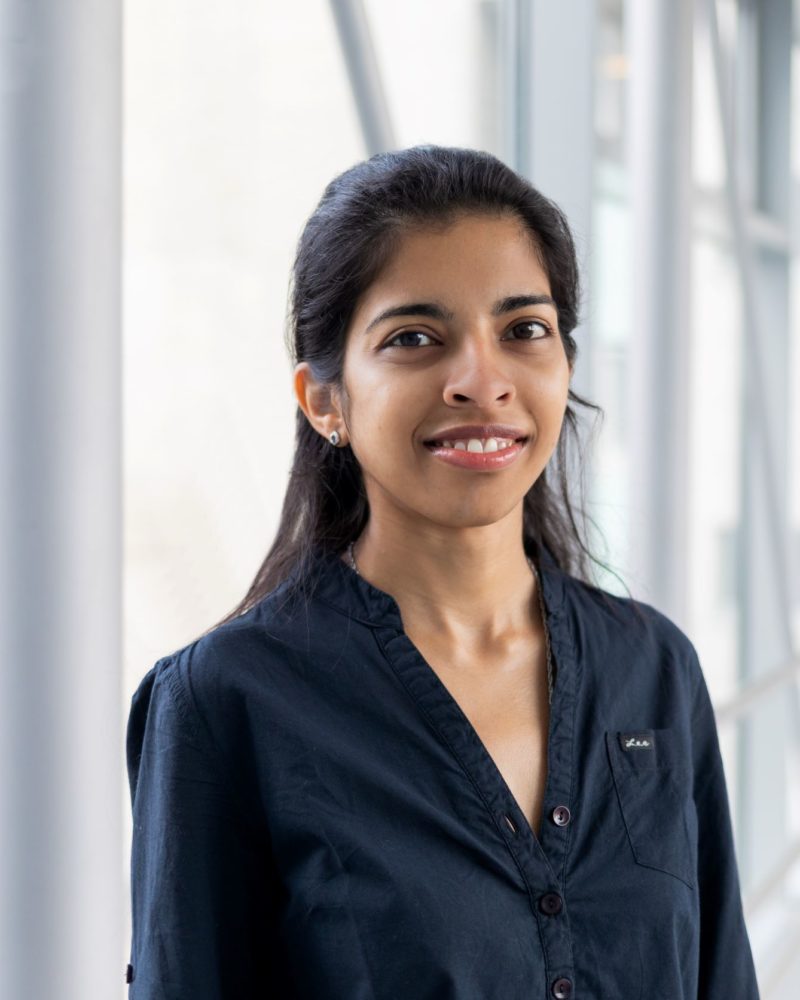
Nisha Prabhu

Dr. Rajeev Raman

Emily Rath

Mahima Rebello

Prof. Dr. med. Stefan Remy

Prof. Dr. med. Petra Ritter

Dr. Anni Richter

Dr. Julia Rödiger
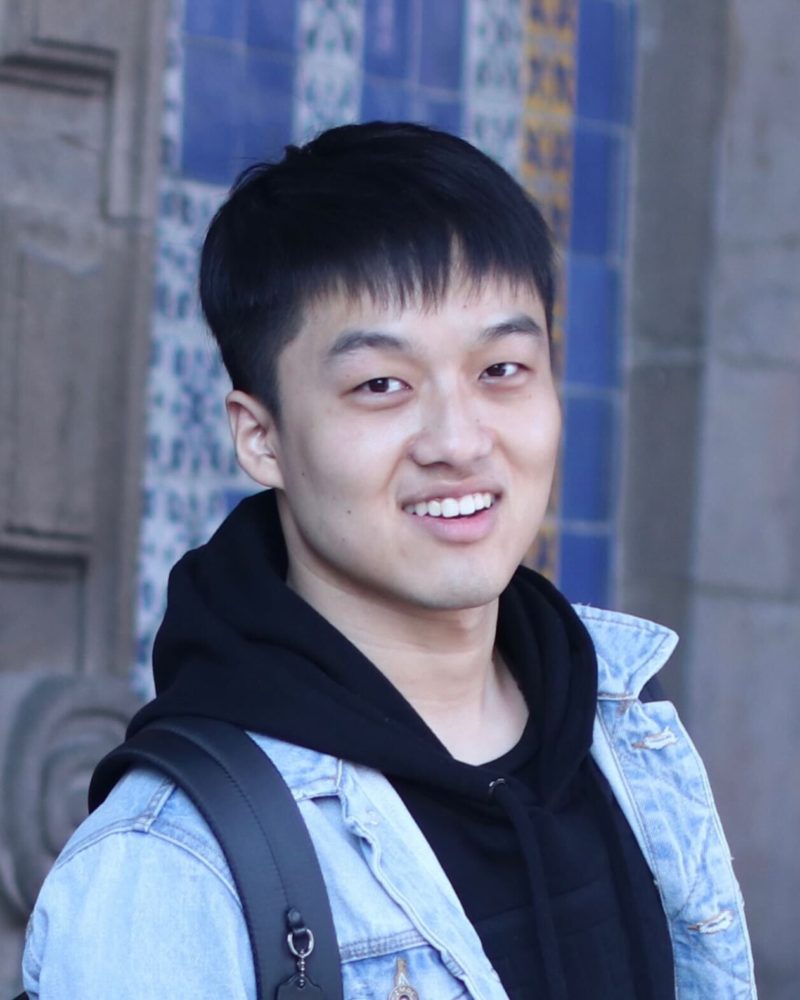
Boyan Rong

Marlene Rösner-Göttel

Sebastian Samer

Prof. Dr. med. I. Erol Sandalcioglu

Parthiban Saravanakumar

Prof. Dr. Magdalena Sauvage
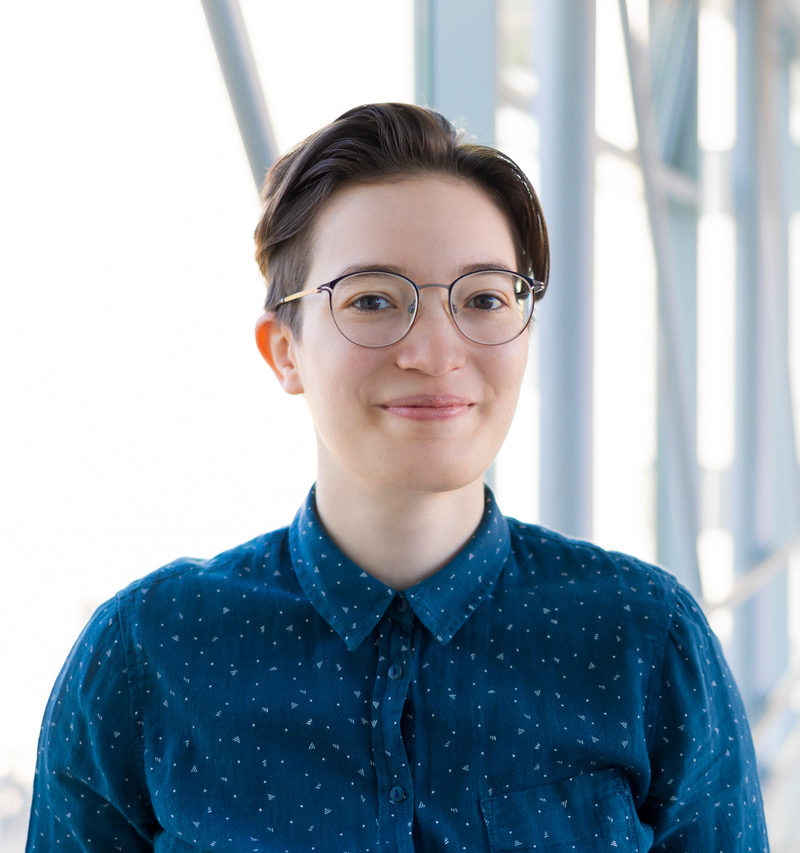
Theresa Schaaf

Malika Schaumburg

PD Dr. med. Friedhelm C. Schmitt
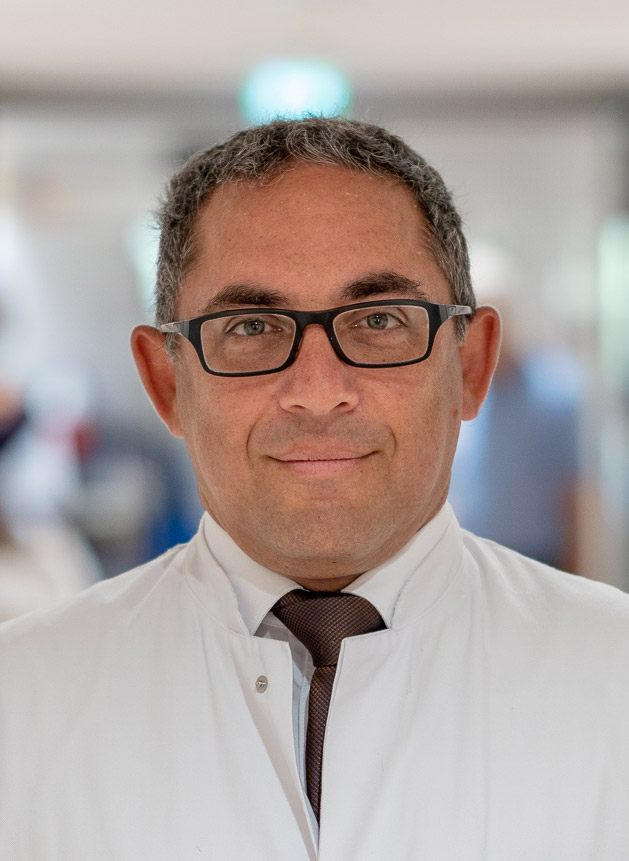
Prof. Dr. med. Mircea Ariel Schoenfeld

Nadine Schönemann

Dr. Dr. med. Björn Hendrik Schott

Prof. Dr. med. Stefanie Schreiber

Dr. Peter Schulze

Carolin Schumacher

Dr. Beate Schumann-Werner
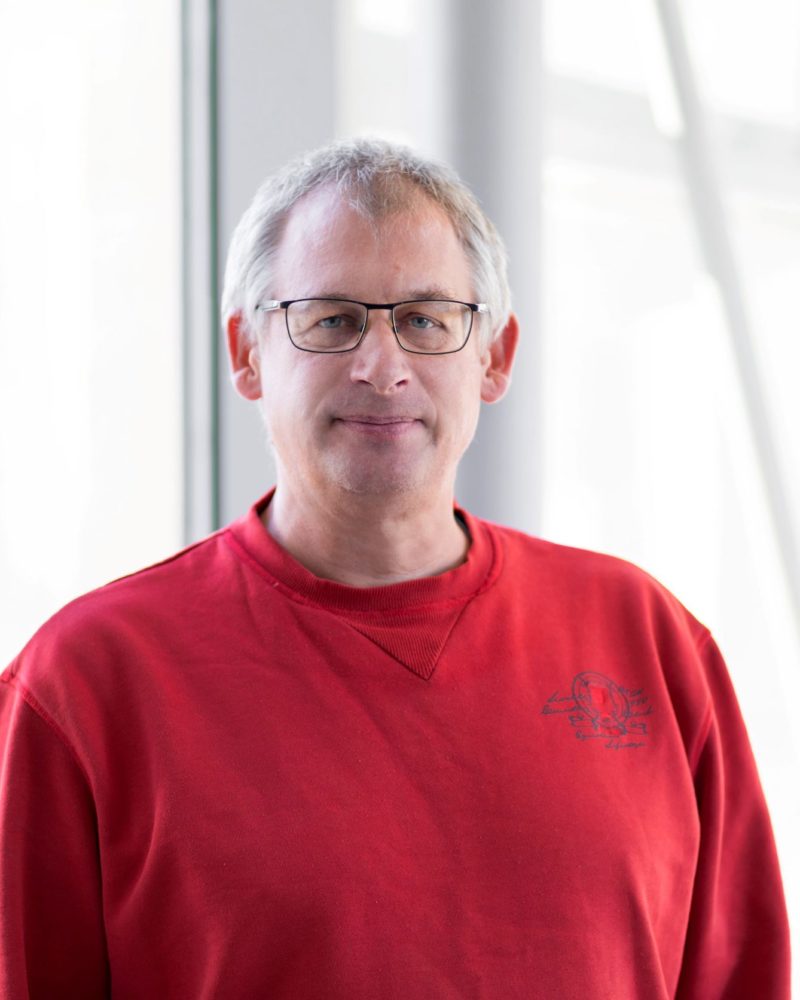
Dr. Hartmut Schütze

Svenja Schwarck
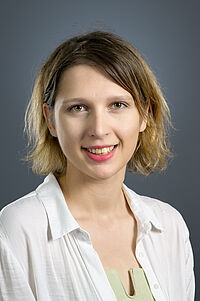
Dr. Vladislava Segen
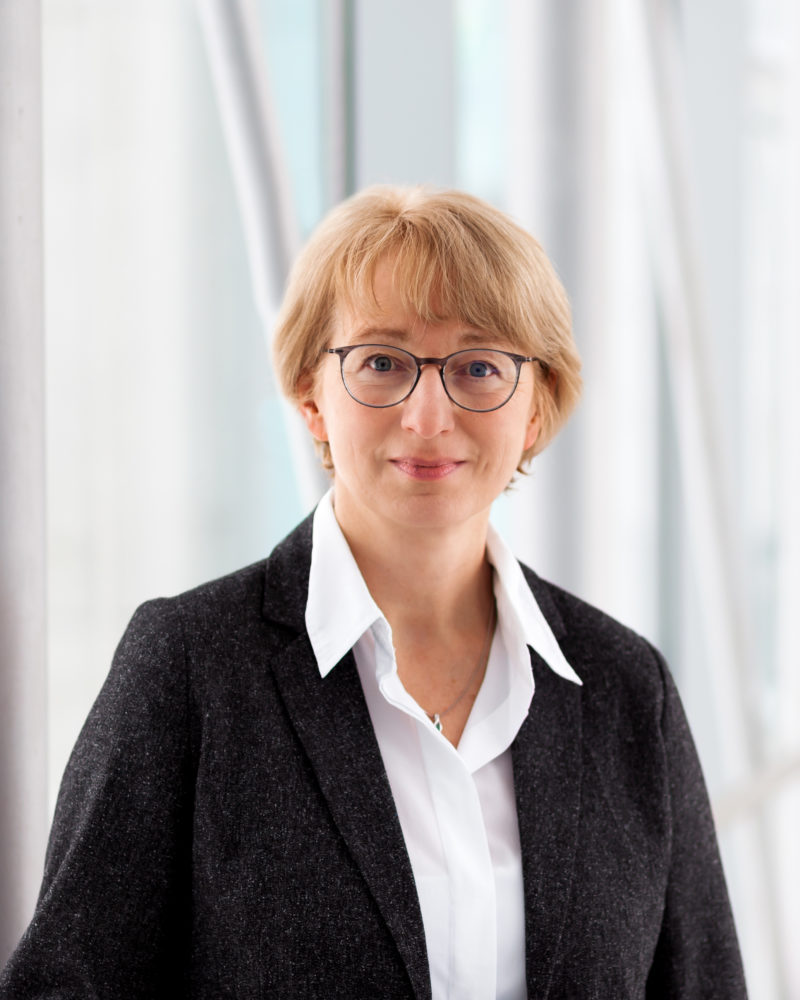
Prof. Dr. Constanze Seidenbecher
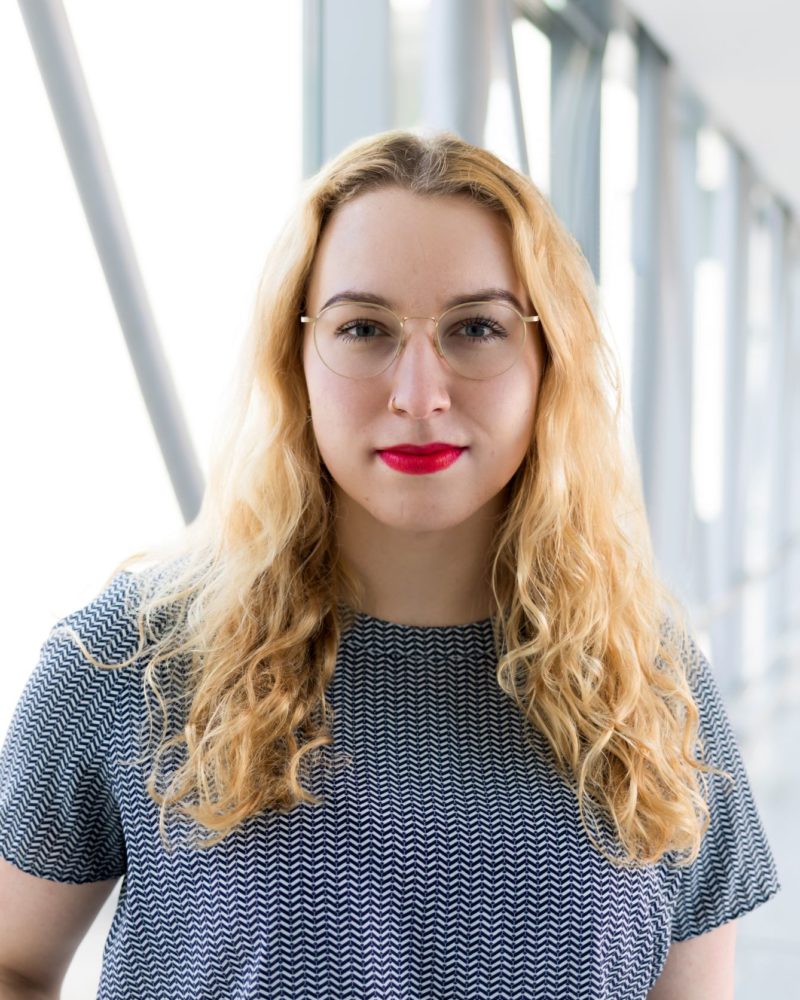
Linda Sempf

Vivica Sommerfeld

Dr. Liudmila Sosulina

Prof. Dr. Oliver Speck

Harini Srinivasan
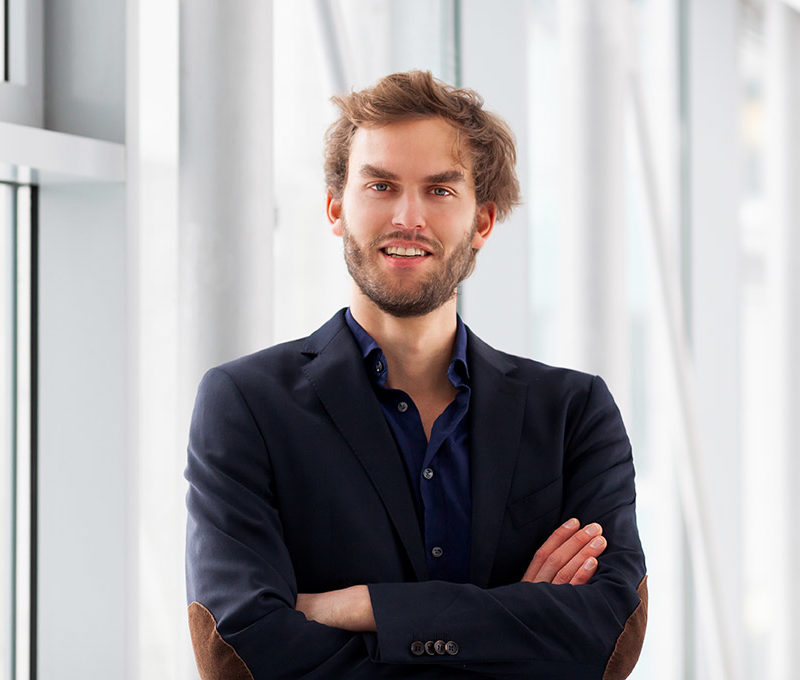
Dr. med. Max-Philipp Stenner

Prof. Dr. Oliver Stork

Dr. Sebastian Stork

Te-Wei Su

Dr. Halgurd Taher

Prof. Dr. Marco Taubert

Dr. Jana Tegelbeckers

Dr. Daniel Uher

Prof. Dr. med. Markus Ullsperger

Dr. Peter Vavra

Viviana Villafañe Barraza

Niklas Vockert

Tim Adrian Wendlandt

Patricia Wenk

Dr. Judith Wesenberg

Prof. Dr. Thomas Wolbers

Anne-Sophie Wolters
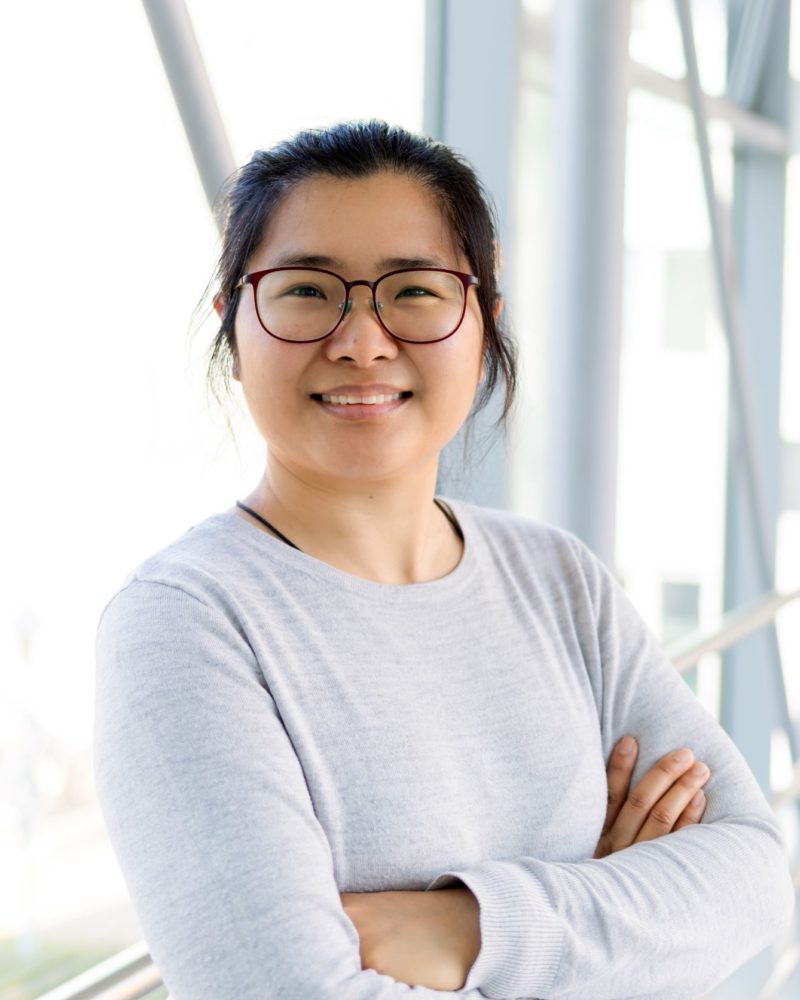
Dr. Pingan Yuanxiang
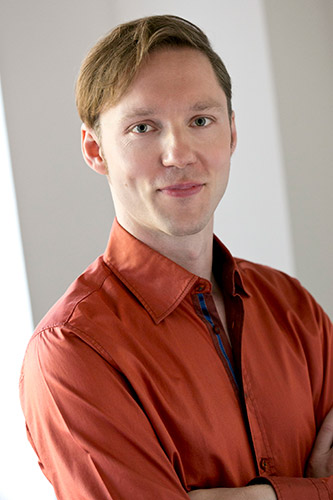
Dr. Gabriel Ziegler

Dr. Sascha Ziegler

Fabian Zmiskol
Amy Addlesee
PhD student in the lab of Kristine Krug, exploring the dynamics of travelling cortical waves in the visual system of rhesus macaques and their potential role in perceptual decision-making. For this, my research combines a perceptual decision-making task, Neuropixel electrophysiological recordings, and transcranial focused ultrasound stimulation. Prior to my current project, I obtained both my BSc and MSc by Research in Neuroscience from The University of Edinburgh.
Dr. Samia Afzal
Samia Afzal has been a postdoctoral researcher at the Institute for Pharmacology and Toxicology, Otto-von-Guericke University Magdeburg since January 2023. Previously, she performed her PhD studies in molecular biomedicine at the Friedrich Schiller University in Jena, Germany, where she analyzed experience-dependent macroscopic brain plasticity using different experimental animal approaches. Currently, she is investigating factors that can improve/impair cognitive flexibility by focusing on NMDA receptor signalling in the prefrontal cortex as part of project A01 (Research Area A) in the SFB. Her main research interest is to use cell biological, molecular and proteomic tools in combination with behavioral assessment of cognitive flexibility in mice to understand the role of the NMDA receptor signalling complex in cognitive flexibility.
Dr. Camila Agostino
I am a postdoctoral researcher in the Ullsperger’s Lab, specialised in the application of advanced neuroimaging and brain stimulation techniques I hold a Master’s in Neuroscience and Cognition, where I investigated the neural correlates of time perception during intertemporal decision-making. My PhD in Psychology involved an extensive experience with fMRI and transcranial magnetic stimulation (TMS) to study predictive motion behaviour. Finally, in my current work I use a multimodal approach, combining fMRI, EEG, and transcranial ultrasound stimulation (TUS) to investigate the neural correlates of cognitive control, specifically error and performance monitoring.
Prof. Dr. Dr. med. Anne Albrecht
Anne Albrecht is the head of the Department of Neuroanatomy at the Institute of Anatomy at the Otto-von-Guericke University. Her research group studies the functional neuroanatomy of emotional memory and stress adaptation circuits. She also teaches anatomy to 1st and 2nd year medical students.
The focus of her research is on the investigation of GABAergic interneurons and neuropeptides in learning, memory and stress processing in rodent models. To analyze the role of e.g. orexin in circuits of memory formation, her group uses neuronal tracing, high-resolution methods for expression analysis (RNAScope, laser-assisted microdissection & qPCR) as well as viral and pharmacological interventions in conjunction with behavioral analysis in mice and structural and molecular studies in cell and tissue cultures.
Dr. Stepan Aleshin
I am a postdoc in the molecular neuroplasticity group at DZNE, Magdeburg. I graduated in virology (MSc) and molecular biology (PhD). Over the course of my scientific career, I have been interested in behavioural experiments and their modelling, neurodegenerative diseases and integrative/theoretical neuroscience. In addition to my scientific activities, my interests also extend to travelling and orienteering.
Dr. Maria Andres-Alonso
Dr. rer. nat Maria Andres-Alonso obtained her degree in Biology at the University of Navarre, Spain. After obtaining her master´s degree in Neuroscience at University College London, UK, she joined the laboratory of Dr. Anna Fejtova and Dr. Eckart Gundelfinger the Leibniz Institute for Neurobiology (LIN) where she performed her doctoral studies within a Marie Curie ITN programme coordinated by Dr. Michael Kreutz. She is currently working as a senior post-doctoral researcher in the research group Neuroplasticity leaded by Dr. Michael Kreutz at LIN. Her research interests are directed towards understanding the role degradative organelles at synaptic sites and function, and the contribution of microsecretory systems in maintaining proteostasis of synaptic membrane proteins.
Prof. Dr. med. Frank Angenstein
Since 2012 I am head of the research group “Functional Neuroimaging” at the German Center for Neurodegenerative Diseases (DZNE) in Magdeburg. My work focuses on the search for the neurophysiological basis of fMRI imaging and how different modulatory transmitter systems influence the interaction of the hippocampus with individual cortical and subcortical brain structures under normal and pathological conditions. To address this, individual brain structures are selectively activated by electrical, optogenetic, or chemogenetic stimulation, and the resulting neuronal responses are simultaneously measured both directly by in vivo electrophysiological recordings in the hippocampus and indirectly in the whole brain by fMRI measurements.
Dr. Erika Atucha
coming soon
Dr. Elena Azañón
Elena Azañón studied Psychology at the University of Barcelona. After her doctoral thesis with Salvador Soto-Faraco, she was granted a Marie Curie Fellowship to work at the Institute of Cognitive Neuroscience (University College London) in the group of Patrick Haggard (2012-2014). After completing her first postdoctoral position, she continued her scientific work at Birkbeck University London as a senior postdoc in the working group of Matthew Longo (2014-2018). In 2018, she joined the Faculty of Natural Sciences at the Otto von Guericke University Magdeburg, with a Dorothea Erxleben Visiting Professorship. She is currently leading the Somatosensory and Body Perception Lab at the Leibniz Institute for Neurobiology and at the Otto von Guericke University Magdeburg as a Junior Research leader.
Lea Bachmann
coming soon
Dr. Kathrin Baldauf
coming soon
Dr. Oliver Barnstedt
Oliver Barnstedt is head of the junior research group “Cellular and Synaptic Mechanisms of Engram Formation” at the Institute of Biology at the Otto-von-Guericke University Magdeburg and he has a second affiliation at the European Neuroscience Institute Göttingen (ENI-G) where he is leading the junior research group “Multiscale Circuit Analysis”. He obtained his PhD at the University in Oxford in the laboratory of Prof. Scott Waddell, before learning to perform two-photon calcium imaging in the hippocampus of moving mice in the group of Prof. Stefan Remy, during his postdoctoral training.
His research aims to understand the circuit-level dynamics between hippocampal neurons and downstream projection targets, and how their interactions allow memories to be processed and transformed into adaptive behaviour. For this, his group is using advanced optical tools like in vivo two-photon calcium imaging, optogenetics, and circuit tracing, alongside machine learning and computer vision algorithms.
Lara Chirich Barreira
I am a Ph.D. student at the Institute of Anatomy. I am interested in the mechanisms that allow cognitive flexibility to incorporate and integrate environmental information into learning and memory. Within the framework of the A07 project, I study how circadian rhythms modulate cognitive functions. I am focused on researching how orexinergic neurons modulate the wakefulness system. For this purpose, I am using circadian disturbances, pharmacological tools, viral interventions, memory tests, and behavioral tasks.
Prof. Dr. Henryk Barthel
Professor Henryk Barthel, MD, is Chairman of the Department of Nuclear Medicine of the Municipal Hospital Dessau (Germany) and Scientist of the Leipzig University Medical Centre Department of Nuclear Medicine (Germany). He underwent training in Nuclear Medicine in Heidelberg (Germany) and Leipzig. From 2000 to 2003 he worked as a Research Fellow at the Imperial College Hammersmith Hospital in London (UK). Dr. Barthel’s current research activities focus on new PET imaging techniques to improve diagnosis and treatment of neurodegenerative diseases, as well as on hybrid brain PET/MR imaging. To support the general progress of nuclear brain imaging, he serves as Associate Editor of The Journal of Nuclear Medicine.
Dr. Mandy Bartsch
I am working as a postdoc in the research group of Prof. Jens-Max Hopf at the LIN and I am particularly interested in human attention and perception as well as science communication. To track the spatiotemporal dynamics of the cortical processes underlying attention allocation, I measure EEG and MEG in healthy participants, while they perform tasks on the screen.
Niklas Behrenbruch
After completing my master’s degree in Integrative Neuroscience in Magdeburg, I worked as a research assistant at Z03 for one and a half years (06/2023-12/2024) during the first funding period of the SFB1436, where I was involved in study coordination. Since January 2025, I have been a PhD student in the RTG2413 SynAGE, investigating neuronal hyperexcitability in aging in collaboration with Z03. In Z03, I am also still involved in cognitive testing and analyses and am available in an advisory capacity.
Dr. David Berron
David Berron leads the Clinical Cognitive Neuroscience Group at the German Center for Neurodegenerative Diseases (DZNE). With his team he investigates the effects of neurodegenerative diseases on functional brain systems, in particular fine-grained subregions in the human medial temporal lobe, using advanced neuroimaging techniques and biomarkers. By combining longitudinal experimental designs with advanced disease progression models, he develops disease-stage-specific imaging and cognitive markers for early detection and monitoring of disease progression. He supports the CRC with his expertise in ultra high-field functional MRI, medial temporal lobe segmentation and data analysis.
Juliette Blaquart
After graduating with a master’s degree in Human Movement Sciences in France, I joined the CRC as a PhD student in March 2025. Within the C01 project, I study how balance training supports visuospatial cognition and motor learning in older adults. My research explores how individual differences in learning trajectories relate to structural changes in the cortico-subcortical premotor network, using quantitative MRI to assess training-induced neuroplasticity.
Alina Boden
coming soon
Prof. Dr. Eike Budinger
Eike Budinger studied biology at the Humboldt University in Berlin with a focus on zoology, behavioural biology and microbiology and then at the Leibniz Institute for Neurobiology (LIN) Magdeburg in the “Acoustics, Learning and Language” department with Prof. Henning Scheich where he studied the functional organization of the auditory cortex. Since then, he has been a research scientist at the LIN studying acoustics, learning, and systems physiology as well as at the Medical Faculty of the Otto von Guericke University (OvGU) Magdeburg. He has headed the “Functional Neuroanatomy” project group since 2005 and the 9.4 Tesla “Small Animal MRI Laboratory” since 2017. He habilitated in 2015 at the Faculty of Natural Sciences of the OvGU and received the title of adjunct professor in 2021.
Luca Budinger
coming soon
Anna-Therese Büchel
coming soon
Dr. Michaela Butryn
coming soon
Dr. Gürsel Caliskan
I have been studying cellular and circuit-level changes in animal models of fear and anxiety via combining electrophysiology, behaviour and pharmacogenetics (DREADDs). My current research focuses on identification of physiological and pathological alterations in the hippocampal activity patterns and their relation to modulation of hippocampal engrams in animal models of neuropsychiatric and neurodegenerative disorders. I am also interested in the impact of gut microbiota on hippocampal plasticity and oscillations.
Gerard Callau Navarro
Gerard Callau Navarro is a PhD student under the supervision of Professor Thomas Wolbers at the Aging, Cognition & Technology group at DZNE Magdeburg. Building upon his master’s research on sharp wave ripples, where he assessed state-of-the-art imaging technologies for monitoring high-frequency oscillations related to memory, he has transitioned to human neuroscience for his doctoral studies. His current research employs a multimethod approach to investigate the memory mechanisms underlying healthy and pathological aging. By integrating diffusion MRI, fMRI, MRSI, and virtual reality technologies, he seeks to elucidate the neural mechanisms that confer resilience against cognitive decline typically observed with aging. Additionally, he is committed to gain expertise in artificial intelligence methods and incorporating these into his research to advance our understanding of cognitive aging processes.
Dr. Carla Cangalaya Lira
coming soon
Xinyun Che
Xinyun Che studied Biological Science at China Agriculture University during her undergraduate period. In 2019, she received her Master degree in Biotechnology at the University of Queensland. Before she starts her PhD study at Leibniz-Institut für Neurobiologie in Magdeburg in 2021, she worked as a research technician at the Chinese Academy of Sciences for one year.
Prof. Dr. Radoslaw Martin Cichy
Radek Cichy is a cognitive scientist and head of the Neural Dynamics of Visual Cognition Group at the Freie Universität Berlin. His group investigates how the human brain translates the constant flow of photons hitting the retina into percept of the world that is conscious and ordered in objects. For this the group combines methodology from different disciplines: behavioral measures from psychology, brain measurements from neuroscience, and machine learning as well as connectionist modeling from computer science. Radek Cichy is recipient of the Emmy Noether Award and the ERC Starting Grant. He is the director of the Center for Cognitive Neuroscience Berlin at FUB.
Ugur Cikrikcili
Ugur Cikrikcili graduated from Istanbul University and completed his psychiatry residency at the same institution. He has been a member of several multidisciplinary studies and international teamworks. His clinical work focuses are Neuropsychiatry, Geriatric Psychiatry and Dynamic Psychotherapies.
Dr. Davide Ciliberti
Dr. Davide Ciliberti is the head of the “Cognitive Electrophysiology and Neurotechnology” research group at the Institute for Cognitive Neurology and Dementia Research at the Medical Faculty of the Otto-von-Guericke University Magdeburg. He studied Biomedical Engineering at Polytechnic of Milan (Milan, Italy) and conducted his doctoral studies at the NeuroElectronics Research Flanders (KU Leuven, Leuven, Belgium). During his postdoctoral training at UCLA (Los Angeles, California, USA) in the laboratory of Prof. Itzhak Fried, he gained expertise in invasive human brain recordings and stimulation.
He is an expert of electrophysiological recordings and brain-computer interfaces. His research group investigates the dynamics of human memory by means of intracranial recordings of local field potentials and single-unit activity in neurosurgical epilepsy patients. His group also deploys electrical deep-brain stimulation and closed-loop approaches to enhance memory, with the long-term goal of developing a cognitive neuro prosthesis for memory restoration.
Dennis Dalügge
coming soon
Margarita Darna
Margarita is a PhD Candidate at the Leibniz Institute for Neurobiology. She has a background in neurobiology and is interested in human cognition. In her research, she uses non-invasive methods, such as Electroencephalography and Magnetic Resonance Imaging, to study human behaviour. She also applies computational methods to predict which factors may play a role in one’s cognition.
Anwesha Das
I am a doctoral researcher working in the groups of Elena Azañón and Max-Philipp Stenner, at Leibniz Institute for Neurobiology, Magdeburg. Prior starting my PhD in September 2021, I pursued my master’s in neuroscience from National Brain Research Centre, in India. At SFB1436, I am a part of the sub-project C03 and we are investigating the cognitive resources associated with motor skill learning in healthy humans. We use behavioural measurements and magnetoencephalography (MEG) data for answering our research questions.magnetoencephalography (MEG) data for answering our research questions.
Dr. Yunus Demiray
My research focuses on genetic factors underlying fear and anxiety pathologies by combining molecular and behavioral characterization in mouse models. To this end, I use single-cell transcriptomics and proteomics to identify gene expression signatures, as well as CRISPR-mediated manipulation to functionally investigate these target genes. I am particularly interested in how the specificity and stability of memory engrams are regulated at the genetic level, and how these processes interact with factors such as early-life stress and aging.
Dr. Nadine Diersch
Nadine Diersch was a research scientist / principal investigator in the Aging, Cognition & Technology group at the DZNE Magdeburg before taking up a position at “neotiv”, a digital health startup developing remote cognitive assessments, in 2022. During her time at the DZNE, she conceptualized and designed the mobile application “Explore” that collects GPS and sensor data while the user performs a wayfinding task in the real world to investigate the potential of such digital data to distinguish between healthy and pathological aging. The app will be used as a training tool in sub-project B04 to study the behavioral and neuronal effects of a real-world wayfinding training intervention in the elderly as well as the association between potential training benefits and hippocampal vascularization patterns as well as biomarker status. Nadine serves as co-supervisor in the related PhD project.
Prof. Dr. Daniela Dieterich
Daniela C. Dieterich is an expert addressing the role of synaptic protein homeostasis regulation through the coordinated control of translation and degradation. She has developed and applied cutting-edge technologies involving ‘click-chemistry’ that provide the consortium with tools to address dynamic changes in these processes with unprecedented temporal and cellular resolution, ultimately allowing the cell-selective identification of neuronal and glial access points.
Prof. Dr. Alexander Dityatev
Alexander Dityatev is the head of the Molecular Neuroplasticity group at the DZNE Magdeburg. He runs a research program on the role of neural extracellular matrix in neurological and neuropsychiatric diseases such as epilepsy, Alzheimer’s disease, vascular dementia, depression and schizophrenia. His major expertise is in extracellular matrix biology, synaptic plasticity and synaptogenesis, electrophysiology, behavioral analysis and two-photon imaging in awake mice. He is serving as Editor-in-Chief of the Cellular Microenvironment section in Cells.
Bianca Dupré
Bianca Dupré is part of the coordination team of the Collaborative Research Center 1436. She supports the projects in all administrative matters and is the central contact person for financial questions in the CRC.
Dr. Stefan Dürschmid
Stefan Dürschmid received a diploma in Education (2005) and Psychology (2009). In 2013 he finished his PhD and was a visiting scholar at UC Berkeley (2013-2014). Stefan Dürschmid is head of the research group “sensory learning and predictions“ and submit his Habilitationsschrift in 2021 at the Otto-von-Guericke Universität.
Julius Duske
I’m a medicine student at the Otto-von-Guericke-University Magdeburg. Since October 2022, I am pausing my studies, to work on my MD thesis at the Institute of Pharmacology and Toxicology. As a part of project A01 at CRC1436, I explore the influence that circadian rhythm disturbances have on cognitive flexibility. Because the neuropeptide orexin plays an important role in regulating sleep-wake cycle and its brain levels are affected by disruptions of it, I’m interested whether an orexinergic modulation on chronic jetlag-induced mice can decrease their deficits in cognitive flexibility.
Prof. Dr. med. Emrah Düzel
Emrah Düzel has trained as a neurologist in Germany (in Bonn and Magdeburg). He is working as a cognitive neurologist on the functional anatomy of human episodic memory networks, neuromodulatory circuits, their clinical and mechanistic alterations in aging and neurodegeneration and their scope for plasticity. He leads the Institute of Cognitive Neurology and Dementia Research and Memory Clinic at the OvG University Magdeburg. As speaker of the Magdeburg site of the German Center for Neurodegenerative Diseases (DZNE, Helmholtz Society), he supports the implementation and analysis of imaging and cognition measures for early Alzheimer’s disease. He is also a part time group leader at the Institute of Cognitive Neuroscience at the Univ. College London, a fellow of the Max-Planck School of Cognition and co-founder of the digital health start-up neotiv. Within the newly founded German Network of Memory Clinics, he coordinates a working group on Digital Health and Telemedicine.
Institut:Otto von Guericke University Magdeburg, Medical Faculty
:German Center for Neurodegenerative Diseases, Magdeburg
Project Title:A04 Cognitive enhancement by the anti-aging protein Klotho – From molecular mechanisms to interventions
Project:B02 Mobilizing reserve in episodic memory in individuals with Alzheimer`s disease pathology
Project:Z03 Human molecular imaging ageing and SuperAgeing cohort
Sophia Engler
I am a medical student at Otto-von-Guericke-University in Magdeburg, and I intend to temporarily pause my studies starting in October 2023 to fully dedicate myself to my research in Project B02. I will focus on studying the effects of cognitive training on the brain performance and plasticity of older adults. Additionally, I will investigate the structural changes in the brain and assess the impact of hidden pathologies.
Annabell Ernst
coming soon
Anna-Maria Felßberg
coming soon
Prof. Dr. Markus Fendt
Markus Fendt is head of a research group at the Institute of Pharmacology and Toxiology, Medical Faculty, Otto-von-Guericke University Magdeburg. The group’s research focuses on the neuropharmacological basis of emotional and cognitive brain systems with special interest in behavioral endophenotypes of neuropsychiatric disorders. To this end, various behavioral paradigms are used in combination with molecular and immunohistochemical analyses as well as systemic and local pharmacological and chemogenetic manipulations in wildtype and genetically modified laboratory rodents.
Larissa Fischer
Larissa Fischer is a research assistant in the Z03 project. She will receive her Master’s degree in psychology with a focus on cognitive neuroscience at the end of 2022. She studied at Otto von Guericke University in Magdeburg and spent a semester abroad at the University of Cambridge. She is interested in learning and memory processes and how they change with age.
Julia Flicke-Grubert
coming soon
Hannah Gapp
coming soon
Dr. Berta Garcia Garcia
Berta Garcia-Garcia is a nuclear medicine physician. During Medical School, she was recruited by the Anatomy, Histology, and Neuroscience Department at the Autonomous University of Madrid to initiate herself on the most used methodological procedures in medical research, leading to a five year-long cooperation agreement focused on ex vivo brain mapping. She graduated later as a medicine specialist at the Nuclear Medicine Department in Pamplona (Spain), whose latest cyclotron-related techniques let her get acquainted with radioactive-based in vivo brain assessment. Her current work takes place at the DZNE and the Universitätsklinikum Magdeburg. Among others, she collaborates actively in many research projects mainly with the Multimodal Neuroimaging and the Mixed Cerebral Pathology and Cognitive Ageing research groups while performing PET/MR studies with various radiotracers, acting as a radiation protection officer as well. Her research work is subspecialized in evaluating brain metabolism spectrum from normal ageing to risk stages of Alzheimer’s Disease towards Alzheimer’s Disease, and in the analysis of cerebral vascularization regarding cognitive status. Due to the potential implications of the latter, she is currently basing her doctoral dissertation on it for the attainment of the Dr. med. degree in Germany.
Franziska Gareis
coming soon
Dr. Wenzel Glanz
Wenzel Glanz trained as a neurologist in Magdeburg, Germany. He works as a senior physician in the memory clinic, which is established as a cooperation between the Magdeburg site of the German Center for Neurodegenerative Diseases (DZNE, Helmholtz Society) and the University Clinic for Neurology Magdeburg. As part of this activity, the focus is not only on patient care, but also on the recruitment of subjects for studies and the supervision of the studies as a study doctor also for the SFB 1436, especially the Z03 project. Wenzel Glanz provides advice on clinical aspects in the development of study designs.
Dr. Katarzyna Grochowska
Dr. rer. nat Katarzyna M. Grochowska obtained her M.Sc. degree in Biotechnology at Warsaw University of Life Sciences, Warsaw, Poland. Afterward, she performed her PhD studies at the Leibniz Institute for Neurobiology (LIN) within a Marie Sklodowska-Curie ITN Programme under the supervision of Dr. Michael Kreutz. During her PhD research, she focused on the molecular mechanisms of neurodegenerative diseases, especially Alzheimer’s disease. Currently, she studies the mechanisms of neurodegeneration, especially in the context of excitation-transcription coupling, endolysosomal degradative pathway, and neuroinflammatory signaling.
Dr. Aliće Grünig
Aliće Grünig (born Weiglein) received her bachelor and master degree in biology at the Julius-Maximilians-Universität Würzburg, where she studied learning and memory using the small model organism Drosophila melanogaster. She gained even deeper insights into this research topic focusing on reward and punishment memory during her doctoral thesis at the Leibniz-Institute for Neurobiology in Magdeburg. Subsequently, she did her postdoc in the Institute of Anatomy at the University Medicine in Magdeburg. Here, she investigated mechanisms for stress-adaptation as well as stress-induced disorders of the body-brain-axis and worked as lecturer for human microanatomy and neuroanatomy to teach preclinical medical students. Her further path led her to the Data Integration Center of the Institute for Biometry and Medical Informatics, also at University Medicine Magdeburg. There, she now holds the coordination of Research Data Management and acts as contact person for questions regarding data management plans, memory space for research data, and FAIR criteria for data.
Lasse Güldener
I am a Doctoral student in the Pollmann Lab of experimental Psychology at OvGU. In my work I focus on the brain mechanisms controlling visual attention in humans. In my first years of the Phd I have been investigating the role of the human anterior prefrontal cortex during the unconscious reallocation of attention. In this SFB Project my supervisor and I now work in a collaboration with Max Happel and Parthiban Saravanakumar on the role of the anterior prefrontal cortex in the exploration-exploitation dilemma where we compare behavioral and fMRI data of human participants with gerbils’ behavioral and multichannel recording electrode data.
Guruprasath Gurusamy
Guru obtained his Bachelor of Technology in Bioengineering from Sastra University and his Master of Technology in Biomedical Engineering from SRM University, Tamil Nadu, India. He is currently working with Dr Matthew Betts in CRC1436, IKND, to understand the contribution of the noradrenergic system to neural resources in aging by modulating the locus coeruleus-norepinephrine system (LC-NA) through physical exercise and cognitive intervention. He is interested in exploring the neural, cognitive and behavioural markers of ageing and dementia using physiological, psychophysical and MRI (magnetic resonance imaging) measures.
Dr. Julia Henschke
Julia Henschke is Postdoc at the Neural Circuits & Network Dynamics research group at the Otto-von-Guericke University Magdeburg. She studied biosystems engineering and neuroscience and completed her PhD at the Leibniz Institute for Neurobiology in Magdeburg. Her research interest focuses on the functional anatomy of sensory-motor systems using a combination of two-photon imaging and neuroanatomical techniques.
Joseph Höpker-Fernandes
coming soon
Prof. Dr. med. Jens-Max Hopf
Jens- Max Hopf is the head of the Cognitive Neurophysiology Group and chair for Cognitive Neurophysiology at the medical faculty of the Otto-von-Guericke University Magdeburg. He is also head of the guest-research group visual attention at the Leibniz Institute for Neurobiology in Magdeburg. His research focuses on mechanism underlying attentional selection in human visual cortex using non-invasive neuroimaging methods, including electromagnetic brain recordings (MEG/EEG) and functional MRI.
Panagiotis Iliopoulos
LorPhD Student at the University Klinik of Magdeburg (supervisors: Prof. Emrah Düzel, Prof. Radoslaw Cichy). I completed my M.Sc. studies in Cognitive Neuroscience at the LMU Munich University with a focus on neuroimaging, human memory, and cognitive control. I am intrigued by how our brain supports memory, including key areas in the medial temporal lobe and beyond, and how this changes due to aging, disease, and interventions such as cognitive training.
Dr. Solveig Henneicke
Since my doctorate in neuroscience, I am working as a postdoc in the Department of Neurology at the OvGU Magdeburg in the field of human/experimental cerebral small vessel disease. We investigate the connection of blood-brain-barrier disruption/vascular wall damage/enlarged perivascular spaces with extracellular matrix changes, neurovascular unit damage and associated (perivascular) inflammation. Additionally, we want to uncover which microvascular reserve mechanisms play a role in the aging process and the accelerated aging process (in hypertension) and how they affect the development of other pathologies (e.g. Alzheimer’s) and cognitive deficits.
Dr. Hiroshi Kaneko
coming soon
Alexandros Karagiorgis
Born in Thessaloniki, Greece, he started his career in the path of music by studying Musicology at the Aristotle University of Thessaloniki. His profound interest in both the sciences and the fundamentals of music perception, cognition, and motor performance, led him to neuroscience. He worked as a research assistant at the Medical Physics Laboratory AUTH, conducting EEG research on multisensory perception. As a PhD student in the project C03 of the CRC1436, he investigates interactions of attention and motor-skill learning.
Dr. Anna Karpova
Anna Karpova is a senior researcher and a Co-PI with Michael Kreutz at Leibniz Institute for Neurobiology (LIN), Research Group Neurplasticity, as well as PI in CBBS, Magdeburg. She is a program coordinator Molecular Biology / Cell Biology at the Leibniz Institute for Neurobiology. She runs research on the role of long-distance protein and membrane trafficking in neuronal function. Her main expertise is in molecular and cellular neuroscience including structural and functional organization of the chemical synapse, synaptic plasticity, time-lapse and super resolution imaging.
Christoph Knoll
“Ingenuity, excellence and continual learning” – these three words sum up my passion for the field of Cognitive Neuroscience and Sport Science. In my PhD, I aim to develop a research profile within the field of Cognitive Neuroscience and Microstructural Imaging that investigates in brain vasculature and connected ccognitive changes. I aspire to gain practical insights about the best spatial resolution system of 7 Tesla magnetic resonance imaging.
Prof. Dr. med. Michael Kreißl
coming soon
Prof. Dr. Michael R. Kreutz
Michael R. Kreutz is head of the Neuroplasticity research group at the Leibniz Institute for Neurobiology and he has a second affiliation at the Center for Molecular Neurobiology (ZMNH) in Hamburg where he is heading the Leibniz Group ‘Dendritic Organelles and Synaptic Function’. His research interest is in synapse biology. His work is concerned with fundamental questions on how synapses communicate with the nucleus, how gene activity-dependent gene expression feeds back to synaptic function and how this is related to the formation of a cellular engram and last but not least how the nanoscale organization of the synapse determines functional properties in the context of learning and memory.
Prof. Dr. Kristine Krug
Kristine Krug moved in 2019 as a Heisenberg Professor [DFG] and the Chair in Sensory Physiology to the Otto-von-Guericke Universität Magdeburg. Her programme of research investigates the neural circuits and mechanisms of perceptual decision-making. Her long-term scientific aim is to understand and control the neuronal signals that shape perception and decision-making from the level of single brain cells through to mental states. She currently serves on the Editorial Board of eLife, as the Chair of the Scientific Advisory Board of the German Primate Centre (DPZ) and is a Visiting Professor at the University of Oxford.
Felix Kuhn
Felix Kuhn obtained a bachelor’s degree in physics at the University of Würzburg in 2018. In 2021 he completed the master’s program Integrative Neuroscience at the Otto von Guericke University in Magdeburg. He did his master’s thesis in the research group Comparative Neuroscience at the Leibniz Institute for Neurobiology before he joined the department of Cellular Neuroscience for his PhD project.
Dr. Peter Landgraf
Peter studied Biology and Biochemistry at the Matin-Luther-University Halle-Wittenberg and finished with the diploma degree. After his PhD at the same university, he moved in 2000 to Magdeburg and joined the labs of Michael R. Kreutz at the Leibniz Institute of Neurobiology (LIN) and Hans-Christian Pape at the Institute of Physiology of the Medical Faculty. In 2009 he joined the Emmy-Noether-Research Group of Daniela C. Dieterich at the LIN and in 2012 he followed her to the Institute for Pharmacology and Toxicology of the Medical Faculty of the Otto-von-Guericke-University Magdeburg, where he is a senior scientist and lecturer for pharmacology and toxicology. His main interest is focused on the protein turnover in neurons and astrocytes as well as state of the art metabolic labeling technologies like NCAT’s.
Dr. Nico Lehmann
I’m a research associate in the lab of Marco Taubert at Otto von Guericke University (Department of Sport Science). My research focusses on the effects of physical exercise (cardiovascular and balance training) on motor learning and cognition, and the mediating role of structural and functional brain plasticity in this relationship.
Marina Leimann
I studied Psychology and Clinical Neuropsychology (University of Buenos Aires, Argentina), and also obtained a Master’s Degree in Behavioural Science (University of Almería, Spain).
I have always found human behaviour and cognition as a fascinating field, especially healthy ageing and neurodegenerative diseases. Therefore, I would like to develop a research career in Translational Neuroscience to help improve public health policies and the healthcare system.
As a PhD student at IKND, my project focuses on noradrenergic pathways to improve cognition in older adults.
Lilli Marie Lümkemann
coming soon
Dr. Falk Lüsebrink
coming soon
Prof. Dr. Anne Maass
Dr. Anne Maass is a group leader at the DZNE (since 2019) and her work focuses on the use of Multimodal neuroimaging techniques for understanding how brain function changes in aging and age-related disease, such as Alzheimer’s disease (AD). In her previous work, she used ultra-high resolution functional MRI to investigate memory pathways in the medial temporal lobe and its plasticity in the human brain in aging and disease. During her Post Doc at UC Berkeley, she combined functional MRI with molecular imaging (PET), which allows to assess AD pathology, to investigate how early tau and amyloid-beta pathology affects memory function, ultimately resulting in memory deficits. At the DZNE she now combines different neuroimaging techniques to better understand what drives the accumulation of age-related pathology (e.g. aberrant activation) and why some people do not develop pathology (are resistant) or why others remain cognitively normal in face of pathology (are resilient). Within the SFB1436 she leads the Z03 project together with Prof. Düzel and Prof. Kreissl as well as the project B04 together with Esther Kühn and Stefanie Schreiber (Co-PI: Nadine Diersch).
Institute:Otto von Guericke University Magdeburg, Faculty of Natural Sciences
Institute:German Center for Neurodegenerative Diseases, Magdeburg
Project Title:B04 Synaptic density, MTL circuit function and microvascular plasticity in aging and SuperAging
Project:Z03 Human molecular imaging ageing and SuperAgeing cohort
Jonas Marquardt
Since May 2021 I am working as a PhD student at the German Center for Neurodegenerative Diseases in the collaborative research unit on project B04. I have a degree in psychology and I am particularly interested in cognitive science & neuroscience. Thematically, I am fascinated by neuroplasticity, spatial navigation, digital markers for cognitive health, and machine learning.
Martin Matke
I am working as a PhD student in the C01 project of the CRC on dynamic modelling of structural brain alterations and changes in functional abilities during learning. My goal as a researcher is to help understand how changing environments induce neuroplasticity. This understanding may help to inform future interventions that aim to mobilise neural resources in aged humans. As a basis for that, I am also interested in ongoing improvements in quantitative MRI.
Jun.-Prof. Dr. Hendrik Mattern
Hendrik Mattern is the junior professor for Highfield-MR Methods for Neuroimaging at the Institute of Physics at the Faculty of Natural Sciences. His research specializes in ultra-high-resolution MRI techniques and their application to neurofluid assessment, encompassing studies of blood vessels, perivascular spaces, and cerebrospinal fluid. He has a distinguished record of achieving some of the highest resolution MR images published to date. Further, he employs advanced methods like Vessel Distance Mapping to quantify vessel patterns in relation to surrounding brain structures, investigating their role in cognitive resilience. He supports the CRC with his expertise in ultra-high-resolution imaging and neurofluid assessment, i.e. by providing VDM and IVIM to study vessel patterns and brain clearance, respectively, supporting investigations into potential mechanisms of cognitive resistance and resilience.
Dr. Christian Merkel
coming soon
Prof. Hannah Monyer
Hannah Monyer was born in Romania and went to Germany at the age of 17. She finished high-school in Heidelberg and studied medicine at the University of Heidelberg. After five years of training in child psychiatry and pediatric neurology in Mannheim and Lübeck, she went to Stanford/USA as a postdoctoral fellow with Dennis Choi. Subsequently she did a second postdoc with Peter Seeburg at the University of Heidelberg, and was then a junior group leader at the same university. Since 1999 she is Head of the Department of Clinical Neurobiology at the Medical Faculty of Heidelberg University and since 2009 also professor at the German Cancer Research Center (DKFZ) of the Helmholtz Association. In her research on synaptic plasticity, learning and memory she has used a large array of techniques employing molecular biology, electrophysiology, optogenetics and behavioral approaches.
For her achievements she has obtained numerous prizes, including the most prestigious German award for scientists, the Leibniz Prize, the Guy-Lussac-Humboldt Prize, the Tsungming Tu Prize of the Ministry of Science and Technology Taiwan, the Prize of the Berlin-Brandenburg Academy of Sciences and the Lautenschläger Research Prize of the Heidelberg University. She is a member of the Heidelberg Academy of Sciences, of EMBO, of the German National Academy of Sciences Leopoldina and of the Academia Europaea.
Copyright: Universität Heidelberg, Kommunikation und Marketing
Dr. Anke Müller
coming soon
Patrick Müller
coming soon
Dr. Loris Naspi
Dr. Loris Naspi is a postdoctoral researcher in the Clinical Cognitive Neuroscience Group at the German Center for Neurodegenerative Diseases (DZNE). In collaboration with David Berron’s team, he investigates how different subregions of the hippocampus contribute to pattern separation and pattern completion, key mechanisms supporting memory specificity. His research combines advanced neuroimaging techniques, including Pattern Similarity Analysis, Representational Similarity Analysis (RSA), Multivoxel Pattern Analysis (MVPA), and functional connectivity, with a focus on ultra-high field (7T) fMRI.
Dr. Naspi supports the CRC with his expertise in high-resolution segmentation of medial temporal lobe structures using Hipsta Toolbox – a specialized framework for detailed anatomical modeling of the hippocampus and adjacent regions. The Hipsta Toolbox enables pointwise measurement of volume, curvature, surface area, and other morphometric features across the hippocampal subfields. It also allows for the precise projection of fMRI data onto individual subject anatomy, supporting anatomically informed analyses of functional activation at the subfield level.
Laleh Rezaee Nazifi
coming soon
Dr. Katja Neumann
coming soon
Prof. Dr. Thomas Nickl-Jockschat
coming soon
Prof. Dr. Toemme Noesselt
Toemme Noesselt is the Chair of the Biological Psychology Department of the Institute of Psychology. He studied Psychology and Philosophy at the Universities of Heidelberg, Düsseldorf and UCLA, USA, completed his PhD at the University of Magdeburg and a PostDoc at the UCL, UK in Jon Driver’s lab. His research aims at identifying the neural underpinnings of multisensory perception and memory by combining behavioural with electrophysiological and brain-imaging read-outs.
Cindy Marquez Nossa
coming soon
Dr. Anja Oelschlegel
coming soon
Halla Mulla Osman
coming soon
Prof. Dr. Janelle Pakan
Janelle Pakan heads the Neural Circuits & Network Dynamics research group at the Leibniz Institute for Neurobiology and holds a Professorship in association with the Otto-von-Guericke University Magdeburg. She completed her PhD work in Canada at the University of Alberta and postdoc work at UBC before relocating to Europe to complete Fellowships in Ireland and at the University of Edinburgh. Her research is focused on understanding the functional neural circuits that underlie the transformation of sensory information to behavioural output in both health and disease states. Her group utilizes functional neuroanatomical techniques and advanced two-photon imaging in behaving mice in combination with virtual environments.
Manoj Pandiri
coming soon
Ulrike Pankratz
coming soon
Prof. Dr. Andrew Parker
Andrew Parker is currently Senior Professor at the Sensory Physiology group at the Institute of Biology Otto-von-Guericke University in Magdeburg, Germany. He studied at University of Cambridge UK, where he graduated in Natural Sciences in 1976 and obtained a doctorate in 1980. He then transferred to the Physiology department at Oxford where he held independent research fellowships. After a year as a Visiting Scientist at the MIT Artificial Intelligence Laboratory, he was appointed in 1985 to a faculty position in Physiology at Oxford and was awarded the title of Full Professor in 1996. Andrew’s research interests cover a wide range of topics in vision, with a particular emphasis on linking neuronal activity to perceptual judgments. His group has made significant advances in the understanding of the physiology of binocular depth and its relationship with other sources of information about three-dimensional shape. This work has probed the cortical stages of binocular processing with a variety of perceptual tasks and techniques, including single-unit in vivo physiology, visual psychophysics, immersive virtual reality, functional brain imaging, human electrophysiology and computational modelling. He was awarded a Leverhulme Senior Research Fellowship (2004-2005) and a Wolfson Research Merit Award by the Royal Society. He has been a Presidential International Fellowship at the Chinese Academy of Sciences in Shanghai and in 2017/18 delivered the GL Brown Prize Lectures of the UK Physiological Society. Andrew now holds an Emeritus Professorship at the University of Oxford.
Jingjie Peng
coming soon
Dr. Anne Petzold
Anne Petzold leads the group “Neural circuits for behavioral adaptation” at the European Neuroscience Institute. Her work aims to uncover how peripheral signals from the body inform subcortical networks of the brain to modulate essential innate behaviors according to physiological needs and environmental opportunities. The group specializes in single-photon microendoscopy in the freely moving animal, as well as cell type-specific neural activity manipulations and neuropsychopharmacology to identify and characterize neural substrates relevant for behavioral regulation.
Institute:European Neuroscience Institute
Maxime Picard
I am a PhD student in the group of Prof. Leßmann at the Institute for Physiology, Otto-von-Guericke-University Magdeburg. I have earned my master degree of Neuroscience at the University of Caen Normandie, France and did my master thesis at University of Helsinki, Finland; where I performed patch-clamp electrophysiological recording on interneurons in the basso-lateral Amygdala region of mice brain. I am a member of CRC1436 project A06: Neural resource mediated by BDNF-dependent neuroplasticity of cortico-hippocampal interactions, I use patch-clamp electrophysiology technique to study the functional interactions along the hippocampal-prefrontal-cortex axis. As an extension of my research pursuit, another objective is to study the role of BDNF in shaping the synaptic transmission along the aforementioned axis.
Dr. Rainer Pielot
coming soon
Julia Poppke
I am a medical student at the Otto-von-Guericke University Magdeburg and have decided to pause my studies to work on my MD thesis at the Institute of Pharmacology and Toxicology. As a part of the CRC-project A01, I am focussing on the NMDA receptor and the question of how the stimulation of the GluN2A subunit of the receptor affects cognitive flexibility in mice. The NMDA receptor has an important role in learning processes and adaptation to changes in the environment, which I am investigating by using the Attentional Set Shifting Task (ASST).
Nisha Prabhu
Affiliation: Faculty of Human Sciences, Institute III, Department of Sport Science (Training science with focus on cognition and action), Otto von Guericke University
Research interests: My research interests include understanding the neurobiological mechanisms involved in the process of motor learning and the relationship between brain structure and behaviour. As part of the C01 project, my goal is to explore the factors that promote exercise-induced neuroplasticity through response optimised balance training in the elderly.
Dr. Rajeev Raman
Rajeev Raman is originally from Ranchi, Jharkhand, India. He obtained his Ph.D. at the Center for Cellular and Molecular Biology (CCMB), Hyderabad, India. Since January 2016, he is working as a scientific employee at NPlast, (Dr Michael Kreutz Group, LIN, Magdeburg). Rajeev contributes to his work with a lot of experience and competence in protein biochemistry.
Mahima Rebello
coming soon
Prof. Dr. med. Stefan Remy
Stefan Remy is the scientific director of LIN, head of the Department of Cellular Neuroscience and is Professor of Molecular and Cellular Neuroscience at the Medical Faculty of Otto von Guericke University in Magdeburg.
He received his PhD from the University of Bonn in 2003 and subsequently did his postdoctoral research with Heinz Beck at the Department of Epileptology (Director: Christian E. Elger). As an Alexander von Humboldt Fellow, he joined the Department of Neurobiology and Physiologist at Northwestern University in Evanston, USA. There he conducted research on synaptic plasticity and neuronal excitability under Nelson Spruston. In 2007, he continued his research with Heinz Beck in Bonn, where he founded his own research group in 2009, funded by the state of North Rhine-Westphalia. Before taking up his new duties at LIN in 2020, he spent 10 years as head of the “Neuronal Networks” research group at the German Center for Neurodegenerative Diseases in Bonn. Stefan Remy is spokesperson of the Center for Behavioral Brain Sciences (CBBS) and represents the Magdeburg site (in the Jena-Magdeburg-Halle network) at the newly founded German Center for Mental Health.
Prof. Dr. med. Petra Ritter
Petra Ritter is full Professor and director of the Brain Simulation Section at the Berlin Institute of Health, Charité University Medicine Berlin. Her research focus is the integration of neuroimaging and computational neuroscience for eHealth applications. She serves as lead of several large scale consortia and projects such as the Charité & BIH Virtual Research Environment, the National Research Data Infrastructure Initiative in Neuroscience and the European Open Science Cloud project VirtualBrainCloud. She additionally served as lead of the Co-design Project The Virtual Brain in the EU Flagship Human Brain Project.
Dr. Anni Richter
Anni is a postdoctoral scientist at the Leibniz Institute for Neurobiology. She has a background in psychology and is interested in human cognition. In her research, she focuses on dopaminergic modulation of implicit and explicit learning, synaptogenetics of human learning and memory, and multimodal markers of neurocognitive aging using non-invasive methods, such as Magnetic Resonance Imaging.
Dr. Julia Rödiger
coming soon
Boyan Rong
I am currently a PhD student at Freie Universität Berlin under the supervision of Prof. Radoslaw Cichy and co-supervised with Prof. Emrah Düzel. I completed the Master’s in Electrical Engineering at Columbia University with focus on Data-Driven Analysis and Computation. Now I am interested in how cognitive training influences visual cortex as well as how to utilize computer vision methods to facilitate human vision study.
Marlene Rösner-Göttel
coming soon
Sebastian Samer
coming soon
Prof. Dr. med. I. Erol Sandalcioglu
coming soon
Parthiban Saravanakumar
Parthiban completed a Bachelor’s in Biotechnology at the Rajalakshmi Engineering College of Anna University in Chennai, India. He then came of Magdeburg to study his Master’s degree in Integrative Neuroscience with a thesis on exploratory attentional resource allocation in probabilistic foraging in the Department of Systems Physiology of Learning in Leibniz Institute of Neurobiology, Magdeburg. He is continuing now as a PhD candidate researching prefrontal cortical recruitment of attentional resource allocation during foraging behavior in the same Institute.
Prof. Dr. Magdalena Sauvage
Magdalena Sauvage leads the Functional Architecture of Memory (FAM) department and co-directs the Leibniz Institute for Neurobiology (LIN) in Magdeburg. She gained expertise in memory function throughout her career at the MPI for Psychiatry (Munich, Germany), MIT (Graybiel lab, Boston, USA) and Boston University (Eichenbaum lab, USA). Her department investigates the neural basis of memory in health and pathology using human to rats translational tasks combined with high-resolution molecular imaging, optogenetics, single-cell in-vivo electrophysiology and 9.4T fMRI in awake rats. She organizes the biennal international and interdisciplinary FAM conference series, is member of the CRC1436 Steering Committee and serves as editor for “Neurobiology of Learning and Memory”.
Theresa Schaaf
coming soon
Malika Schaumburg
coming soon
PD Dr. med. Friedhelm C. Schmitt
coming soon
Prof. Dr. med. Mircea Ariel Schoenfeld
Ariel Schoenfeld is the head of the experimental neurology group and chair for experimental neurology and functional neuroimaging at the medical faculty of the Otto-von-Guericke University Magdeburg. He is also medical director of the Kliniken Schmieder hospital in Heidelberg. He focusses on the neural mechanisms of perception and attention in the visual domain in health and disease with a special emphasis on these processes in patients with lesions within the CNS. The research addresses basic science as well as clinical-pathological aspects using multimodal structural and functional neuroimaging (structural and functional MRI, EEG and MEG) methods.
Nadine Schönemann
coming soon
Dr. Dr. med. Björn Hendrik Schott
Björn Schott is a consultant psychiatrist at the University of Göttingen and, together with Constanze Seidenbecher, head of the Synapse-Brain-Cognition group in the Department of Behavioral Neurology at LIN Magdeburg. His research focuses on the extent to which genetic and immunological factors affect learning and memory processes in humans, as well as their disruption in old age and in neurological and psychiatric diseases. He serves as an associate editor for Frontiers in Human Neuroscience.
Prof. Dr. med. Stefanie Schreiber
As a clinician scientist my main research interest is the often devastating cerebral small vessel disease (CSVD) which, by causing a deterioration of the cerebral small vessels, leads to a cascade including impaired blood supply, blood-brain-barrier breakdown and reduced solute removal, facilitating cognitive impairment in later stages. Our experimental work is aimed at the identification of key neuropathologic mechanisms of earlier disease stages in animal models. Based on those insights we study a locally established cohort of CSVD patients to derive innovative markers of disease risk and progression using multimodal imaging, biofluids and cognitive testing that will enable new options for prevention, diagnostic and treatment of CSVD patients.
Dr. Peter Schulze
coming soon
Carolin Schumacher
Carolin Schumacher is a member of the Petzold group at the European Neuroscience Institute Göttingen and has been a doctoral researcher student in the CRC project A09 since March 2025. She is particularly interested in studying neuronal networks and mechanisms that regulate behaviour in response to a constantly changing environment and are influenced by experience, internal state and learning processes. Her project focuses on adaptive behavioural regulation mediated by hypothalamic networks, with a focus on the mammillary bodies and their role in memory and learning.
Institute:European Neuroscience Institute
Dr. Beate Schumann-Werner
Beate Schumann-Werner is a speech-language pathologist. She completed her master’s degree at RWTH Aachen University. After a research visit at the Upper Airway Dysfunction Lab at the University of Florida/ Gainesville, she started her PhD at RWTH Aachen University. In her doctoral study, she focused on neural correlates for dysphagia in Huntington’s Disease. She previously worked as Research Assistant and coordinator of the Neuropsychological Therapy Ward at the University Hospital Aachen. Since July 2022, Beate is supporting project Z03 within the SFB as Research Assistant. Her clinical and research interests include diagnosis and treatment of swallowing and communication disorders associated with neurodegenerative diseases.
Dr. Hartmut Schütze
coming soon
Dr. Vladislava Segen
Vladislava Segen is a postdoctoral researcher in the Aging, Cognition & Technology group at the DZNE Magdeburg. Her research explores how grid cell coding is affected by very early Alzheimer’s Disease pathology. And if changes in grid cell coding during path integration tasks can be used as a biomarker for Alzheimer’s Disease pathology. To do this, she utilizes functional imaging, immersive VR technology and computational modelling. A variant of the path integration ask will be used as part of B03 sub-project to study whether fMRI grid coding in “Superagers” is also associated with better navigation. In addition, she is involved in the development of a virtual reality path integration task that can be used as a diagnostic tool in a clinical setting as well as a VR-based vestibular intervention tool.
Prof. Dr. Constanze Seidenbecher
Constanze Seidenbecher is a molecular neuroscientist and member of the CRC1436 Steering Committee. She is head of the Synapse-Brain-Cognition group at LIN Magdeburg and Professor at the Otto von Guericke University Magdeburg. She obtained a degree in Biochemistry from Martin Luther University Halle and a PhD in Molecular Neuroscience. Her research interest is dedicated to neural ECM-mediated mechanisms underlying neural plasticity, cognition and memory in mice and humans. She contributes to the SynGO consortium, is Senior Editor of the Journal of Neurochemistry and Council member of the International Society for Neurochemistry. From 2004 until 2020 she was Director of Science Management and Public Affairs at the LIN, and since 2007 she has been serving on Steering Boards of several local and national research alliances like the German Center for Mental Health site Magdeburg – Jena – Halle, and the Center for Behavioral Brain Sciences (CBBS) Magdeburg.
Linda Sempf
coming soon
Vivica Sommerfeld
coming soon
Dr. Liudmila Sosulina
coming soon
Prof. Dr. Oliver Speck
Oliver Speck is head of the Department of Biomedical Magnetic Resonance at the Institute of Physics of the Faculty of Natural Sciences. He conducts research in the field of ultra-high field MRI and its neuroscientific applications. A particular aim is to develop methods for high-resolution in vivo imaging of the human brain. This is achieved through fast imaging techniques, methods for prospective correction of movements of the head and methods for geometrically correct imaging of brain structures. He supports the CRC with his expertise in MRI methodology, MRI hardware and application in neuroscience.
Harini Srinivasan
I am a PhD student in the SFB 1436 since August 2021. I work under the sub project Orexinergic Modulation of neural resource (A07), where I study how memory engrams are modulated by the circadian rhythm. I focus on how orexinergic signalling plays a role in this modulation by using behavioural, molecular and biochemical techniques. After my Bachelor’s degree in Biotechnology, I graduated from OVGU with Master’s in Integrative Neuroscience. During my master thesis, I studied in vitro how intracellular calcium is regulated by Neuroplastin-PMCA complex in hippocampal neurons.
Dr. med. Max-Philipp Stenner
Max-Philipp Stenner is head of the Motor Learning Lab at the Leibniz Institute of Neurobiology, physician at the Department of Neurology at Otto von Guericke University and program spokesperson for the research program Action at the LIN. In his research, which is funded by a Freigeist grant from the Volkswagen Foundation, he investigates how human motor control and perception interact during motor learning and how our subjective experience of control results from this interaction. As a clinician scientist, he is particularly interested in the subjective experience of control in neurological and neuropsychiatric disorders, especially movement disorders. His main expertise lies in the combination of movement analysis, psychophysics and non-invasive and invasive neurophysiology in humans, including magnetic and electroencephalography as well as intracranial and spinal recordings of local field potentials.
Prof. Dr. Oliver Stork
Prof. Dr. Oliver Stork is head of the Department of Genetics & Molecular Neurobiology at the Institute of Biology at the Otto von Guericke University Magdeburg. His research is devoted to understanding molecular and cellular mechanisms underlying the formation and specification of emotional memories. His special focus is on the analysis of local circuit processes in the context of the formation of engram cell assemblies in the hippocampus. He will contribute his expertise in the establishment and integrative analysis of rodent models for behavioral and memory research to the CRC.
In addition to the SFB1436, Prof. Stork is a member of the Magdeburg Collaborative Research Center SFB854 and the German Center for Mental Health in Magdeburg, and serves as a spokesperson for various neuroscientific graduate schools, including the IRTG1436 (this program), the CBBS graduate program and the GRK2413 (deputy spokesperson).
Dr. Sebastian Stork
I am a postdoctoral researcher in Professor Albrecht’s laboratory, specialising in mouse behaviour and advanced imaging techniques. I received a Bachelor’s and Master’s degree in General Biology, with both theses focusing on cell imaging at the Institute for Cellular Neuroscience. For my PhD, I investigated learning and memory formation. I performed stereotactic injections, followed by several behavioural experiments, and analysed the underlying cellular processes via immunohistochemistry, Ca²⁺ imaging and electrophysiology.
Te-Wei Su
Te-Wei has an MSc in Psychology from National Chung Cheng University in Taiwan where he worked on hippocampal memory pathways using optogenetics. From April 2025, he is working in our lab, using 2P calcium imaging to understand the mammillary body and its role in Alzheimer’s disease, within the SFB1436.
Dr. Halgurd Taher
Halgurd Taher holds a Bachelor’s and Master’s degree in Physics from TU Berlin and earned a PhD in Physics from the Inria Centre at Université Côte d’Azur, where his research focused on applying mean-field theory to problems in computational neuroscience. This included investigating activity patterns across spatial and temporal scales, developing working memory models, and constructing brain network models to study seizure propagation. Since 2022, he has been a postdoctoral researcher at the Brain Simulation Section of the Berlin Institute of Health, Charité University Medicine Berlin. His work centers on tailoring mathematical models to replicate empirical data characteristics, aiming to uncover mechanistic insights beyond what the data alone reveals. Current research spans models of cerebral energy metabolism, drug effects (e.g., Ketamine, Propofol), and decision making.
Prof. Dr. Marco Taubert
Marco Taubert is the head of the Cognition and Action Research group and chair for Training Science at the Otto-von Guericke University Magdeburg. His research focusses on training-induced structural and functional brain plasticity in humans. His expertise is in motor learning, the time course of tissue-specific plasticity and non-invasive brain imaging and transcranial stimulation methods.
Dr. Jana Tegelbeckers
Jana is a postdoctoral fellow working with Prof. Markus Ullsperger in the Department of Neuropsychology at the Otto von Guericke University Magdeburg. She’s currently working on the effects of sleep deprivation on the availability and mobilization of neural resources. Her main research interest is to use functional imaging methods and non-invasive brain stimulation (tDCS, TMS) to understand alterations in information processing, cognitive control and decision making in clinical populations as for instance ADHD and substance use disorders.
Dr. Daniel Uher
Daniel Uher, born on April 11th 1995 in Znojmo, Czech Republic, obtained a bachelor’s degree in Biomedical Technology from the Brno University of Technology (Czech Republic) with the thesis focused on obtaining reference signals from stereo-electroencephalography data, supervised by Dr. Marina Ronzhina and Dr. Petr Klimeš. Further on, he got his master’s degree in Biomedical Engineering: Signal and Image Processing from the University of Oulu (Finland), graduated 2020, with the thesis focused on prediction of knee osteoarthritis onset based on novel MRI cartilage features, supervised by Dr. Victor Casula and Ari Väärälä). Throughout the studies, he held multiple internships, notably research assistant at the Brno’s Institute of Scientific Instruments (a collaboration lasting over 3 years focused on stereo-electroencephalography data processing), coding assistant at the Department of Biomedical Engineering at the University of Oulu (a 3-month summer project to optimize an automated Jupyter notebook grading system), or research assistant at the Research Unit of Medical Imaging at the same university to extend and optimize an in-house software for knee cartilage MR image processing. Between 2021 to 2024, he did his PhD on the topic of ‘Ultra-high field MRI in focal epilepsy’ at Maastricht University (The Netherlands) in collaboration with the Maastricht University Medical Centre+, under the supervision of Prof. Walter H. Backes, Prof. Jacobus F.A. Jansen, Dr. Olaf E.M.G. Schijns, and Dr. Albert J. Colon. He is currently employed as a postdoc at the Department Biomedical Magnetic Resonance (BMMR) at Otto-von-Guericke-Universität Magdeburg (Germany), focused on 7T MRI methods and image processing development within the CRC1436 Z02 project, under the supervision of Prof. Oliver Speck and Dr. Hendrik Mattern.
Prof. Dr. med. Markus Ullsperger
Markus Ullsperger is full professor and head of the Department of Neuropsychology at the Otto von Guericke University Magdeburg since 2012 as well as a principal investigator (PI) at the Center for Behavioral Brain Sciences (CBBS) Magdeburg. His research of about 20 years aims at understanding the structural, functional and neuro-chemical aspects of performance monitoring and cognitive control. To that end he’s using an integrative approach combining neuroimaging, EEG, computational modeling and pharmacological interventions in the healthy population but also in patients with neurological or psychiatric disorders.
Dr. Peter Vavra
coming soon
Viviana Villafañe Barraza
coming soon
Niklas Vockert
I am a PhD student at the DZNE with a background in mathematical and computational modeling of biological processes. Nowadays, I generally investigate reserve (e.g. cognitive reserve, resistance, resilience) in the context of aging and disease with the use of multimodal neuroimaging techniques. For the most part my focus lies on the relationship between hippocampal vascularization and behavioral, structural as well as functional measures, which I will also analyze in the context of subproject B04 in this CRC.
Tim Adrian Wendlandt
After finishing his Master’s studies in Medical Biology with specialisation in Neuroscience at Radboud University in the Netherlands, Adrian started working as a PhD candidate for the B06 project. In the Pakan lab at the Leibniz Institute for Neurobiology, he investigates the neuronal circuits and information processing that underlie temporal expectations in mice. His research applies a combination of two-photon imaging in the posterior parietal cortex during a cue-target task paradigm and fMRI methods in collaboration with Prof. Eike Budinger.
Patricia Wenk
coming soon
Dr. Judith Wesenberg
coming soon
Prof. Dr. Thomas Wolbers
Thomas Wolbers is the head of the Aging, Cognition & Technology group at the DZNE Magdeburg. By exploiting the unique potential of extended reality (XR) technologies, he has established an ambitious research program that (i) employs spatial navigation as a model system for understanding mechanisms of healthy and pathological ageing, (ii) develops XR based diagnostic tools to improve the assessment of cognitive health, and (iii) implements technology-based interventions to counteract emotional and cognitive deficits. In addition, he entertains international cooperations to broaden his research portfolio with computational modelling, software engineering and research on animal models of aging.
Anne-Sophie Wolters
coming soon
Dr. Pingan Yuanxiang
My name is PingAn YuanXiang and graduated from Shanghai, China. I studied in the major of Neurobiology at the Fudan University in Shanghai and completed my Ph.D. thesis in 2012.
Since 2013 I work as a research scientist in Nplast at the LIN. My expertise is electrophysiology including field recordings and single-cell patch clamp and also combines with cell biological techniques. My main interest is related to molecular mechanisms of synaptic plasticity and aging regulator in brain function.
Dr. Gabriel Ziegler
Gabriel Ziegler is heading the modelling and neuroprognosis group at the Institute of Cognitive Neurology and Dementia Research (IKND). His work focusses on state-of-the art statistical approaches such as latent variable modelling of brain-behavioral relationships, longitudinal brain changes, and disease progression in ageing and dementia research using MRI. He has made innovative contributions in developmental cognitive neuroscience using multivariate, kernel methods, Gaussian Processes, dynamical systems and Bayesian inference. His working group implements MR-based predictive models for memory performance and develops multivariate functional and structural indices of brain maintenance. He is part of the in-vivo histology (hMRI) working group that establishes new analysis techniques for quantitative multi-modal MRI.
Dr. Sascha Ziegler
coming soon

Prof. Dr. Dr. med. Anne Albrecht

Dr. Maria Andres-Alonso

Prof. Dr. med. Frank Angenstein

Dr. Elena Azañón

Dr. Oliver Barnstedt

Prof. Dr. Henryk Barthel

Dr. David Berron

Prof. Dr. Eike Budinger

Prof. Dr. Radoslaw Martin Cichy

Dr. Davide Ciliberti

Prof. Dr. Daniela Dieterich

Prof. Dr. Alexander Dityatev

Dr. Stefan Dürschmid

Prof. Dr. med. Emrah Düzel

Prof. Dr. Markus Fendt

Dr. Katarzyna Grochowska

Prof. Dr. med. Jens-Max Hopf

Dr. Anna Karpova

Prof. Dr. med. Michael Kreißl

Prof. Dr. Michael R. Kreutz

Prof. Dr. Kristine Krug

Dr. Nico Lehmann

Prof. Dr. Anne Maass

Jun.-Prof. Dr. Hendrik Mattern

Prof. Hannah Monyer

Prof. Dr. Thomas Nickl-Jockschat

Prof. Dr. Toemme Noesselt

Prof. Dr. Janelle Pakan

Dr. Anne Petzold

Prof. Dr. med. Stefan Remy

Prof. Dr. med. Petra Ritter

Prof. Dr. Magdalena Sauvage

Prof. Dr. med. Mircea Ariel Schoenfeld

Dr. Dr. med. Björn Hendrik Schott

Prof. Dr. med. Stefanie Schreiber

Prof. Dr. Constanze Seidenbecher

Prof. Dr. Oliver Speck

Dr. med. Max-Philipp Stenner

Prof. Dr. Oliver Stork

Prof. Dr. Marco Taubert

Dr. Jana Tegelbeckers

Prof. Dr. med. Markus Ullsperger

Prof. Dr. Thomas Wolbers

Dr. Gabriel Ziegler
Prof. Dr. Dr. med. Anne Albrecht
Anne Albrecht is the head of the Department of Neuroanatomy at the Institute of Anatomy at the Otto-von-Guericke University. Her research group studies the functional neuroanatomy of emotional memory and stress adaptation circuits. She also teaches anatomy to 1st and 2nd year medical students.
The focus of her research is on the investigation of GABAergic interneurons and neuropeptides in learning, memory and stress processing in rodent models. To analyze the role of e.g. orexin in circuits of memory formation, her group uses neuronal tracing, high-resolution methods for expression analysis (RNAScope, laser-assisted microdissection & qPCR) as well as viral and pharmacological interventions in conjunction with behavioral analysis in mice and structural and molecular studies in cell and tissue cultures.
Dr. Maria Andres-Alonso
Dr. rer. nat Maria Andres-Alonso obtained her degree in Biology at the University of Navarre, Spain. After obtaining her master´s degree in Neuroscience at University College London, UK, she joined the laboratory of Dr. Anna Fejtova and Dr. Eckart Gundelfinger the Leibniz Institute for Neurobiology (LIN) where she performed her doctoral studies within a Marie Curie ITN programme coordinated by Dr. Michael Kreutz. She is currently working as a senior post-doctoral researcher in the research group Neuroplasticity leaded by Dr. Michael Kreutz at LIN. Her research interests are directed towards understanding the role degradative organelles at synaptic sites and function, and the contribution of microsecretory systems in maintaining proteostasis of synaptic membrane proteins.
Prof. Dr. med. Frank Angenstein
Since 2012 I am head of the research group “Functional Neuroimaging” at the German Center for Neurodegenerative Diseases (DZNE) in Magdeburg. My work focuses on the search for the neurophysiological basis of fMRI imaging and how different modulatory transmitter systems influence the interaction of the hippocampus with individual cortical and subcortical brain structures under normal and pathological conditions. To address this, individual brain structures are selectively activated by electrical, optogenetic, or chemogenetic stimulation, and the resulting neuronal responses are simultaneously measured both directly by in vivo electrophysiological recordings in the hippocampus and indirectly in the whole brain by fMRI measurements.
Dr. Elena Azañón
Elena Azañón studied Psychology at the University of Barcelona. After her doctoral thesis with Salvador Soto-Faraco, she was granted a Marie Curie Fellowship to work at the Institute of Cognitive Neuroscience (University College London) in the group of Patrick Haggard (2012-2014). After completing her first postdoctoral position, she continued her scientific work at Birkbeck University London as a senior postdoc in the working group of Matthew Longo (2014-2018). In 2018, she joined the Faculty of Natural Sciences at the Otto von Guericke University Magdeburg, with a Dorothea Erxleben Visiting Professorship. She is currently leading the Somatosensory and Body Perception Lab at the Leibniz Institute for Neurobiology and at the Otto von Guericke University Magdeburg as a Junior Research leader.
Dr. Oliver Barnstedt
Oliver Barnstedt is head of the junior research group “Cellular and Synaptic Mechanisms of Engram Formation” at the Institute of Biology at the Otto-von-Guericke University Magdeburg and he has a second affiliation at the European Neuroscience Institute Göttingen (ENI-G) where he is leading the junior research group “Multiscale Circuit Analysis”. He obtained his PhD at the University in Oxford in the laboratory of Prof. Scott Waddell, before learning to perform two-photon calcium imaging in the hippocampus of moving mice in the group of Prof. Stefan Remy, during his postdoctoral training.
His research aims to understand the circuit-level dynamics between hippocampal neurons and downstream projection targets, and how their interactions allow memories to be processed and transformed into adaptive behaviour. For this, his group is using advanced optical tools like in vivo two-photon calcium imaging, optogenetics, and circuit tracing, alongside machine learning and computer vision algorithms.
Prof. Dr. Henryk Barthel
Professor Henryk Barthel, MD, is Chairman of the Department of Nuclear Medicine of the Municipal Hospital Dessau (Germany) and Scientist of the Leipzig University Medical Centre Department of Nuclear Medicine (Germany). He underwent training in Nuclear Medicine in Heidelberg (Germany) and Leipzig. From 2000 to 2003 he worked as a Research Fellow at the Imperial College Hammersmith Hospital in London (UK). Dr. Barthel’s current research activities focus on new PET imaging techniques to improve diagnosis and treatment of neurodegenerative diseases, as well as on hybrid brain PET/MR imaging. To support the general progress of nuclear brain imaging, he serves as Associate Editor of The Journal of Nuclear Medicine.
Dr. David Berron
David Berron leads the Clinical Cognitive Neuroscience Group at the German Center for Neurodegenerative Diseases (DZNE). With his team he investigates the effects of neurodegenerative diseases on functional brain systems, in particular fine-grained subregions in the human medial temporal lobe, using advanced neuroimaging techniques and biomarkers. By combining longitudinal experimental designs with advanced disease progression models, he develops disease-stage-specific imaging and cognitive markers for early detection and monitoring of disease progression. He supports the CRC with his expertise in ultra high-field functional MRI, medial temporal lobe segmentation and data analysis.
Prof. Dr. Eike Budinger
Eike Budinger studied biology at the Humboldt University in Berlin with a focus on zoology, behavioural biology and microbiology and then at the Leibniz Institute for Neurobiology (LIN) Magdeburg in the “Acoustics, Learning and Language” department with Prof. Henning Scheich where he studied the functional organization of the auditory cortex. Since then, he has been a research scientist at the LIN studying acoustics, learning, and systems physiology as well as at the Medical Faculty of the Otto von Guericke University (OvGU) Magdeburg. He has headed the “Functional Neuroanatomy” project group since 2005 and the 9.4 Tesla “Small Animal MRI Laboratory” since 2017. He habilitated in 2015 at the Faculty of Natural Sciences of the OvGU and received the title of adjunct professor in 2021.
Prof. Dr. Radoslaw Martin Cichy
Radek Cichy is a cognitive scientist and head of the Neural Dynamics of Visual Cognition Group at the Freie Universität Berlin. His group investigates how the human brain translates the constant flow of photons hitting the retina into percept of the world that is conscious and ordered in objects. For this the group combines methodology from different disciplines: behavioral measures from psychology, brain measurements from neuroscience, and machine learning as well as connectionist modeling from computer science. Radek Cichy is recipient of the Emmy Noether Award and the ERC Starting Grant. He is the director of the Center for Cognitive Neuroscience Berlin at FUB.
Dr. Davide Ciliberti
Dr. Davide Ciliberti is the head of the “Cognitive Electrophysiology and Neurotechnology” research group at the Institute for Cognitive Neurology and Dementia Research at the Medical Faculty of the Otto-von-Guericke University Magdeburg. He studied Biomedical Engineering at Polytechnic of Milan (Milan, Italy) and conducted his doctoral studies at the NeuroElectronics Research Flanders (KU Leuven, Leuven, Belgium). During his postdoctoral training at UCLA (Los Angeles, California, USA) in the laboratory of Prof. Itzhak Fried, he gained expertise in invasive human brain recordings and stimulation.
He is an expert of electrophysiological recordings and brain-computer interfaces. His research group investigates the dynamics of human memory by means of intracranial recordings of local field potentials and single-unit activity in neurosurgical epilepsy patients. His group also deploys electrical deep-brain stimulation and closed-loop approaches to enhance memory, with the long-term goal of developing a cognitive neuro prosthesis for memory restoration.
Prof. Dr. Daniela Dieterich
Daniela C. Dieterich is an expert addressing the role of synaptic protein homeostasis regulation through the coordinated control of translation and degradation. She has developed and applied cutting-edge technologies involving ‘click-chemistry’ that provide the consortium with tools to address dynamic changes in these processes with unprecedented temporal and cellular resolution, ultimately allowing the cell-selective identification of neuronal and glial access points.
Prof. Dr. Alexander Dityatev
Alexander Dityatev is the head of the Molecular Neuroplasticity group at the DZNE Magdeburg. He runs a research program on the role of neural extracellular matrix in neurological and neuropsychiatric diseases such as epilepsy, Alzheimer’s disease, vascular dementia, depression and schizophrenia. His major expertise is in extracellular matrix biology, synaptic plasticity and synaptogenesis, electrophysiology, behavioral analysis and two-photon imaging in awake mice. He is serving as Editor-in-Chief of the Cellular Microenvironment section in Cells.
Dr. Stefan Dürschmid
Stefan Dürschmid received a diploma in Education (2005) and Psychology (2009). In 2013 he finished his PhD and was a visiting scholar at UC Berkeley (2013-2014). Stefan Dürschmid is head of the research group “sensory learning and predictions“ and submit his Habilitationsschrift in 2021 at the Otto-von-Guericke Universität.
Prof. Dr. med. Emrah Düzel
Emrah Düzel has trained as a neurologist in Germany (in Bonn and Magdeburg). He is working as a cognitive neurologist on the functional anatomy of human episodic memory networks, neuromodulatory circuits, their clinical and mechanistic alterations in aging and neurodegeneration and their scope for plasticity. He leads the Institute of Cognitive Neurology and Dementia Research and Memory Clinic at the OvG University Magdeburg. As speaker of the Magdeburg site of the German Center for Neurodegenerative Diseases (DZNE, Helmholtz Society), he supports the implementation and analysis of imaging and cognition measures for early Alzheimer’s disease. He is also a part time group leader at the Institute of Cognitive Neuroscience at the Univ. College London, a fellow of the Max-Planck School of Cognition and co-founder of the digital health start-up neotiv. Within the newly founded German Network of Memory Clinics, he coordinates a working group on Digital Health and Telemedicine.
Institut:Otto von Guericke University Magdeburg, Medical Faculty
:German Center for Neurodegenerative Diseases, Magdeburg
Project Title:A04 Cognitive enhancement by the anti-aging protein Klotho – From molecular mechanisms to interventions
Project:B02 Mobilizing reserve in episodic memory in individuals with Alzheimer`s disease pathology
Project:Z03 Human molecular imaging ageing and SuperAgeing cohort
Prof. Dr. Markus Fendt
Markus Fendt is head of a research group at the Institute of Pharmacology and Toxiology, Medical Faculty, Otto-von-Guericke University Magdeburg. The group’s research focuses on the neuropharmacological basis of emotional and cognitive brain systems with special interest in behavioral endophenotypes of neuropsychiatric disorders. To this end, various behavioral paradigms are used in combination with molecular and immunohistochemical analyses as well as systemic and local pharmacological and chemogenetic manipulations in wildtype and genetically modified laboratory rodents.
Dr. Katarzyna Grochowska
Dr. rer. nat Katarzyna M. Grochowska obtained her M.Sc. degree in Biotechnology at Warsaw University of Life Sciences, Warsaw, Poland. Afterward, she performed her PhD studies at the Leibniz Institute for Neurobiology (LIN) within a Marie Sklodowska-Curie ITN Programme under the supervision of Dr. Michael Kreutz. During her PhD research, she focused on the molecular mechanisms of neurodegenerative diseases, especially Alzheimer’s disease. Currently, she studies the mechanisms of neurodegeneration, especially in the context of excitation-transcription coupling, endolysosomal degradative pathway, and neuroinflammatory signaling.
Prof. Dr. med. Jens-Max Hopf
Jens- Max Hopf is the head of the Cognitive Neurophysiology Group and chair for Cognitive Neurophysiology at the medical faculty of the Otto-von-Guericke University Magdeburg. He is also head of the guest-research group visual attention at the Leibniz Institute for Neurobiology in Magdeburg. His research focuses on mechanism underlying attentional selection in human visual cortex using non-invasive neuroimaging methods, including electromagnetic brain recordings (MEG/EEG) and functional MRI.
Dr. Anna Karpova
Anna Karpova is a senior researcher and a Co-PI with Michael Kreutz at Leibniz Institute for Neurobiology (LIN), Research Group Neurplasticity, as well as PI in CBBS, Magdeburg. She is a program coordinator Molecular Biology / Cell Biology at the Leibniz Institute for Neurobiology. She runs research on the role of long-distance protein and membrane trafficking in neuronal function. Her main expertise is in molecular and cellular neuroscience including structural and functional organization of the chemical synapse, synaptic plasticity, time-lapse and super resolution imaging.
Prof. Dr. med. Michael Kreißl
coming soon
Prof. Dr. Michael R. Kreutz
Michael R. Kreutz is head of the Neuroplasticity research group at the Leibniz Institute for Neurobiology and he has a second affiliation at the Center for Molecular Neurobiology (ZMNH) in Hamburg where he is heading the Leibniz Group ‘Dendritic Organelles and Synaptic Function’. His research interest is in synapse biology. His work is concerned with fundamental questions on how synapses communicate with the nucleus, how gene activity-dependent gene expression feeds back to synaptic function and how this is related to the formation of a cellular engram and last but not least how the nanoscale organization of the synapse determines functional properties in the context of learning and memory.
Prof. Dr. Kristine Krug
Kristine Krug moved in 2019 as a Heisenberg Professor [DFG] and the Chair in Sensory Physiology to the Otto-von-Guericke Universität Magdeburg. Her programme of research investigates the neural circuits and mechanisms of perceptual decision-making. Her long-term scientific aim is to understand and control the neuronal signals that shape perception and decision-making from the level of single brain cells through to mental states. She currently serves on the Editorial Board of eLife, as the Chair of the Scientific Advisory Board of the German Primate Centre (DPZ) and is a Visiting Professor at the University of Oxford.
Dr. Nico Lehmann
I’m a research associate in the lab of Marco Taubert at Otto von Guericke University (Department of Sport Science). My research focusses on the effects of physical exercise (cardiovascular and balance training) on motor learning and cognition, and the mediating role of structural and functional brain plasticity in this relationship.
Prof. Dr. Anne Maass
Dr. Anne Maass is a group leader at the DZNE (since 2019) and her work focuses on the use of Multimodal neuroimaging techniques for understanding how brain function changes in aging and age-related disease, such as Alzheimer’s disease (AD). In her previous work, she used ultra-high resolution functional MRI to investigate memory pathways in the medial temporal lobe and its plasticity in the human brain in aging and disease. During her Post Doc at UC Berkeley, she combined functional MRI with molecular imaging (PET), which allows to assess AD pathology, to investigate how early tau and amyloid-beta pathology affects memory function, ultimately resulting in memory deficits. At the DZNE she now combines different neuroimaging techniques to better understand what drives the accumulation of age-related pathology (e.g. aberrant activation) and why some people do not develop pathology (are resistant) or why others remain cognitively normal in face of pathology (are resilient). Within the SFB1436 she leads the Z03 project together with Prof. Düzel and Prof. Kreissl as well as the project B04 together with Esther Kühn and Stefanie Schreiber (Co-PI: Nadine Diersch).
Institute:Otto von Guericke University Magdeburg, Faculty of Natural Sciences
Institute:German Center for Neurodegenerative Diseases, Magdeburg
Project Title:B04 Synaptic density, MTL circuit function and microvascular plasticity in aging and SuperAging
Project:Z03 Human molecular imaging ageing and SuperAgeing cohort
Jun.-Prof. Dr. Hendrik Mattern
Hendrik Mattern is the junior professor for Highfield-MR Methods for Neuroimaging at the Institute of Physics at the Faculty of Natural Sciences. His research specializes in ultra-high-resolution MRI techniques and their application to neurofluid assessment, encompassing studies of blood vessels, perivascular spaces, and cerebrospinal fluid. He has a distinguished record of achieving some of the highest resolution MR images published to date. Further, he employs advanced methods like Vessel Distance Mapping to quantify vessel patterns in relation to surrounding brain structures, investigating their role in cognitive resilience. He supports the CRC with his expertise in ultra-high-resolution imaging and neurofluid assessment, i.e. by providing VDM and IVIM to study vessel patterns and brain clearance, respectively, supporting investigations into potential mechanisms of cognitive resistance and resilience.
Prof. Hannah Monyer
Hannah Monyer was born in Romania and went to Germany at the age of 17. She finished high-school in Heidelberg and studied medicine at the University of Heidelberg. After five years of training in child psychiatry and pediatric neurology in Mannheim and Lübeck, she went to Stanford/USA as a postdoctoral fellow with Dennis Choi. Subsequently she did a second postdoc with Peter Seeburg at the University of Heidelberg, and was then a junior group leader at the same university. Since 1999 she is Head of the Department of Clinical Neurobiology at the Medical Faculty of Heidelberg University and since 2009 also professor at the German Cancer Research Center (DKFZ) of the Helmholtz Association. In her research on synaptic plasticity, learning and memory she has used a large array of techniques employing molecular biology, electrophysiology, optogenetics and behavioral approaches.
For her achievements she has obtained numerous prizes, including the most prestigious German award for scientists, the Leibniz Prize, the Guy-Lussac-Humboldt Prize, the Tsungming Tu Prize of the Ministry of Science and Technology Taiwan, the Prize of the Berlin-Brandenburg Academy of Sciences and the Lautenschläger Research Prize of the Heidelberg University. She is a member of the Heidelberg Academy of Sciences, of EMBO, of the German National Academy of Sciences Leopoldina and of the Academia Europaea.
Copyright: Universität Heidelberg, Kommunikation und Marketing
Prof. Dr. Thomas Nickl-Jockschat
coming soon
Prof. Dr. Toemme Noesselt
Toemme Noesselt is the Chair of the Biological Psychology Department of the Institute of Psychology. He studied Psychology and Philosophy at the Universities of Heidelberg, Düsseldorf and UCLA, USA, completed his PhD at the University of Magdeburg and a PostDoc at the UCL, UK in Jon Driver’s lab. His research aims at identifying the neural underpinnings of multisensory perception and memory by combining behavioural with electrophysiological and brain-imaging read-outs.
Prof. Dr. Janelle Pakan
Janelle Pakan heads the Neural Circuits & Network Dynamics research group at the Leibniz Institute for Neurobiology and holds a Professorship in association with the Otto-von-Guericke University Magdeburg. She completed her PhD work in Canada at the University of Alberta and postdoc work at UBC before relocating to Europe to complete Fellowships in Ireland and at the University of Edinburgh. Her research is focused on understanding the functional neural circuits that underlie the transformation of sensory information to behavioural output in both health and disease states. Her group utilizes functional neuroanatomical techniques and advanced two-photon imaging in behaving mice in combination with virtual environments.
Dr. Anne Petzold
Anne Petzold leads the group “Neural circuits for behavioral adaptation” at the European Neuroscience Institute. Her work aims to uncover how peripheral signals from the body inform subcortical networks of the brain to modulate essential innate behaviors according to physiological needs and environmental opportunities. The group specializes in single-photon microendoscopy in the freely moving animal, as well as cell type-specific neural activity manipulations and neuropsychopharmacology to identify and characterize neural substrates relevant for behavioral regulation.
Institute:European Neuroscience Institute
Prof. Dr. med. Stefan Remy
Stefan Remy is the scientific director of LIN, head of the Department of Cellular Neuroscience and is Professor of Molecular and Cellular Neuroscience at the Medical Faculty of Otto von Guericke University in Magdeburg.
He received his PhD from the University of Bonn in 2003 and subsequently did his postdoctoral research with Heinz Beck at the Department of Epileptology (Director: Christian E. Elger). As an Alexander von Humboldt Fellow, he joined the Department of Neurobiology and Physiologist at Northwestern University in Evanston, USA. There he conducted research on synaptic plasticity and neuronal excitability under Nelson Spruston. In 2007, he continued his research with Heinz Beck in Bonn, where he founded his own research group in 2009, funded by the state of North Rhine-Westphalia. Before taking up his new duties at LIN in 2020, he spent 10 years as head of the “Neuronal Networks” research group at the German Center for Neurodegenerative Diseases in Bonn. Stefan Remy is spokesperson of the Center for Behavioral Brain Sciences (CBBS) and represents the Magdeburg site (in the Jena-Magdeburg-Halle network) at the newly founded German Center for Mental Health.
Prof. Dr. med. Petra Ritter
Petra Ritter is full Professor and director of the Brain Simulation Section at the Berlin Institute of Health, Charité University Medicine Berlin. Her research focus is the integration of neuroimaging and computational neuroscience for eHealth applications. She serves as lead of several large scale consortia and projects such as the Charité & BIH Virtual Research Environment, the National Research Data Infrastructure Initiative in Neuroscience and the European Open Science Cloud project VirtualBrainCloud. She additionally served as lead of the Co-design Project The Virtual Brain in the EU Flagship Human Brain Project.
Prof. Dr. Magdalena Sauvage
Magdalena Sauvage leads the Functional Architecture of Memory (FAM) department and co-directs the Leibniz Institute for Neurobiology (LIN) in Magdeburg. She gained expertise in memory function throughout her career at the MPI for Psychiatry (Munich, Germany), MIT (Graybiel lab, Boston, USA) and Boston University (Eichenbaum lab, USA). Her department investigates the neural basis of memory in health and pathology using human to rats translational tasks combined with high-resolution molecular imaging, optogenetics, single-cell in-vivo electrophysiology and 9.4T fMRI in awake rats. She organizes the biennal international and interdisciplinary FAM conference series, is member of the CRC1436 Steering Committee and serves as editor for “Neurobiology of Learning and Memory”.
Prof. Dr. med. Mircea Ariel Schoenfeld
Ariel Schoenfeld is the head of the experimental neurology group and chair for experimental neurology and functional neuroimaging at the medical faculty of the Otto-von-Guericke University Magdeburg. He is also medical director of the Kliniken Schmieder hospital in Heidelberg. He focusses on the neural mechanisms of perception and attention in the visual domain in health and disease with a special emphasis on these processes in patients with lesions within the CNS. The research addresses basic science as well as clinical-pathological aspects using multimodal structural and functional neuroimaging (structural and functional MRI, EEG and MEG) methods.
Dr. Dr. med. Björn Hendrik Schott
Björn Schott is a consultant psychiatrist at the University of Göttingen and, together with Constanze Seidenbecher, head of the Synapse-Brain-Cognition group in the Department of Behavioral Neurology at LIN Magdeburg. His research focuses on the extent to which genetic and immunological factors affect learning and memory processes in humans, as well as their disruption in old age and in neurological and psychiatric diseases. He serves as an associate editor for Frontiers in Human Neuroscience.
Prof. Dr. med. Stefanie Schreiber
As a clinician scientist my main research interest is the often devastating cerebral small vessel disease (CSVD) which, by causing a deterioration of the cerebral small vessels, leads to a cascade including impaired blood supply, blood-brain-barrier breakdown and reduced solute removal, facilitating cognitive impairment in later stages. Our experimental work is aimed at the identification of key neuropathologic mechanisms of earlier disease stages in animal models. Based on those insights we study a locally established cohort of CSVD patients to derive innovative markers of disease risk and progression using multimodal imaging, biofluids and cognitive testing that will enable new options for prevention, diagnostic and treatment of CSVD patients.
Prof. Dr. Constanze Seidenbecher
Constanze Seidenbecher is a molecular neuroscientist and member of the CRC1436 Steering Committee. She is head of the Synapse-Brain-Cognition group at LIN Magdeburg and Professor at the Otto von Guericke University Magdeburg. She obtained a degree in Biochemistry from Martin Luther University Halle and a PhD in Molecular Neuroscience. Her research interest is dedicated to neural ECM-mediated mechanisms underlying neural plasticity, cognition and memory in mice and humans. She contributes to the SynGO consortium, is Senior Editor of the Journal of Neurochemistry and Council member of the International Society for Neurochemistry. From 2004 until 2020 she was Director of Science Management and Public Affairs at the LIN, and since 2007 she has been serving on Steering Boards of several local and national research alliances like the German Center for Mental Health site Magdeburg – Jena – Halle, and the Center for Behavioral Brain Sciences (CBBS) Magdeburg.
Prof. Dr. Oliver Speck
Oliver Speck is head of the Department of Biomedical Magnetic Resonance at the Institute of Physics of the Faculty of Natural Sciences. He conducts research in the field of ultra-high field MRI and its neuroscientific applications. A particular aim is to develop methods for high-resolution in vivo imaging of the human brain. This is achieved through fast imaging techniques, methods for prospective correction of movements of the head and methods for geometrically correct imaging of brain structures. He supports the CRC with his expertise in MRI methodology, MRI hardware and application in neuroscience.
Dr. med. Max-Philipp Stenner
Max-Philipp Stenner is head of the Motor Learning Lab at the Leibniz Institute of Neurobiology, physician at the Department of Neurology at Otto von Guericke University and program spokesperson for the research program Action at the LIN. In his research, which is funded by a Freigeist grant from the Volkswagen Foundation, he investigates how human motor control and perception interact during motor learning and how our subjective experience of control results from this interaction. As a clinician scientist, he is particularly interested in the subjective experience of control in neurological and neuropsychiatric disorders, especially movement disorders. His main expertise lies in the combination of movement analysis, psychophysics and non-invasive and invasive neurophysiology in humans, including magnetic and electroencephalography as well as intracranial and spinal recordings of local field potentials.
Prof. Dr. Oliver Stork
Prof. Dr. Oliver Stork is head of the Department of Genetics & Molecular Neurobiology at the Institute of Biology at the Otto von Guericke University Magdeburg. His research is devoted to understanding molecular and cellular mechanisms underlying the formation and specification of emotional memories. His special focus is on the analysis of local circuit processes in the context of the formation of engram cell assemblies in the hippocampus. He will contribute his expertise in the establishment and integrative analysis of rodent models for behavioral and memory research to the CRC.
In addition to the SFB1436, Prof. Stork is a member of the Magdeburg Collaborative Research Center SFB854 and the German Center for Mental Health in Magdeburg, and serves as a spokesperson for various neuroscientific graduate schools, including the IRTG1436 (this program), the CBBS graduate program and the GRK2413 (deputy spokesperson).
Prof. Dr. Marco Taubert
Marco Taubert is the head of the Cognition and Action Research group and chair for Training Science at the Otto-von Guericke University Magdeburg. His research focusses on training-induced structural and functional brain plasticity in humans. His expertise is in motor learning, the time course of tissue-specific plasticity and non-invasive brain imaging and transcranial stimulation methods.
Dr. Jana Tegelbeckers
Jana is a postdoctoral fellow working with Prof. Markus Ullsperger in the Department of Neuropsychology at the Otto von Guericke University Magdeburg. She’s currently working on the effects of sleep deprivation on the availability and mobilization of neural resources. Her main research interest is to use functional imaging methods and non-invasive brain stimulation (tDCS, TMS) to understand alterations in information processing, cognitive control and decision making in clinical populations as for instance ADHD and substance use disorders.
Prof. Dr. med. Markus Ullsperger
Markus Ullsperger is full professor and head of the Department of Neuropsychology at the Otto von Guericke University Magdeburg since 2012 as well as a principal investigator (PI) at the Center for Behavioral Brain Sciences (CBBS) Magdeburg. His research of about 20 years aims at understanding the structural, functional and neuro-chemical aspects of performance monitoring and cognitive control. To that end he’s using an integrative approach combining neuroimaging, EEG, computational modeling and pharmacological interventions in the healthy population but also in patients with neurological or psychiatric disorders.
Prof. Dr. Thomas Wolbers
Thomas Wolbers is the head of the Aging, Cognition & Technology group at the DZNE Magdeburg. By exploiting the unique potential of extended reality (XR) technologies, he has established an ambitious research program that (i) employs spatial navigation as a model system for understanding mechanisms of healthy and pathological ageing, (ii) develops XR based diagnostic tools to improve the assessment of cognitive health, and (iii) implements technology-based interventions to counteract emotional and cognitive deficits. In addition, he entertains international cooperations to broaden his research portfolio with computational modelling, software engineering and research on animal models of aging.
Dr. Gabriel Ziegler
Gabriel Ziegler is heading the modelling and neuroprognosis group at the Institute of Cognitive Neurology and Dementia Research (IKND). His work focusses on state-of-the art statistical approaches such as latent variable modelling of brain-behavioral relationships, longitudinal brain changes, and disease progression in ageing and dementia research using MRI. He has made innovative contributions in developmental cognitive neuroscience using multivariate, kernel methods, Gaussian Processes, dynamical systems and Bayesian inference. His working group implements MR-based predictive models for memory performance and develops multivariate functional and structural indices of brain maintenance. He is part of the in-vivo histology (hMRI) working group that establishes new analysis techniques for quantitative multi-modal MRI.